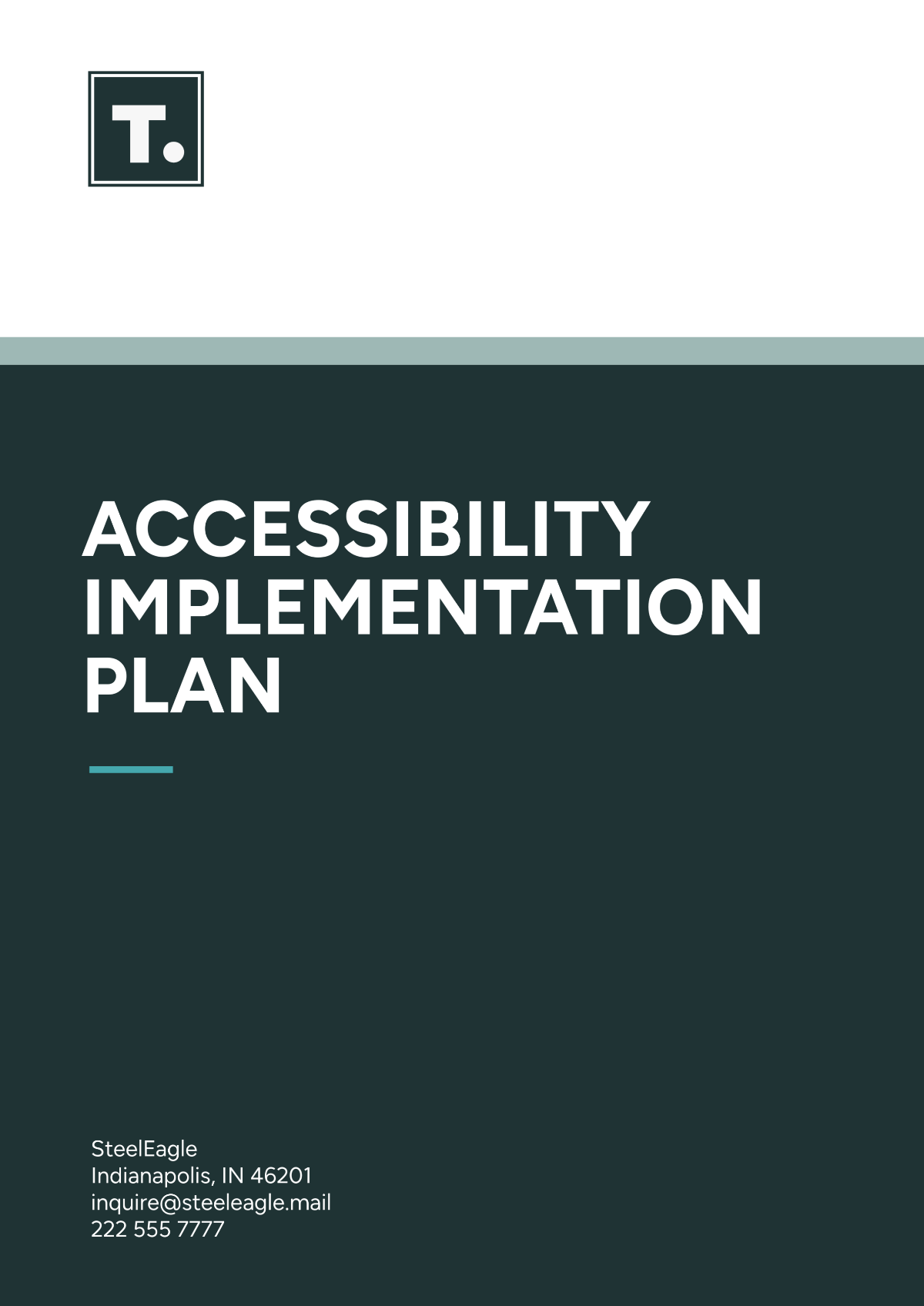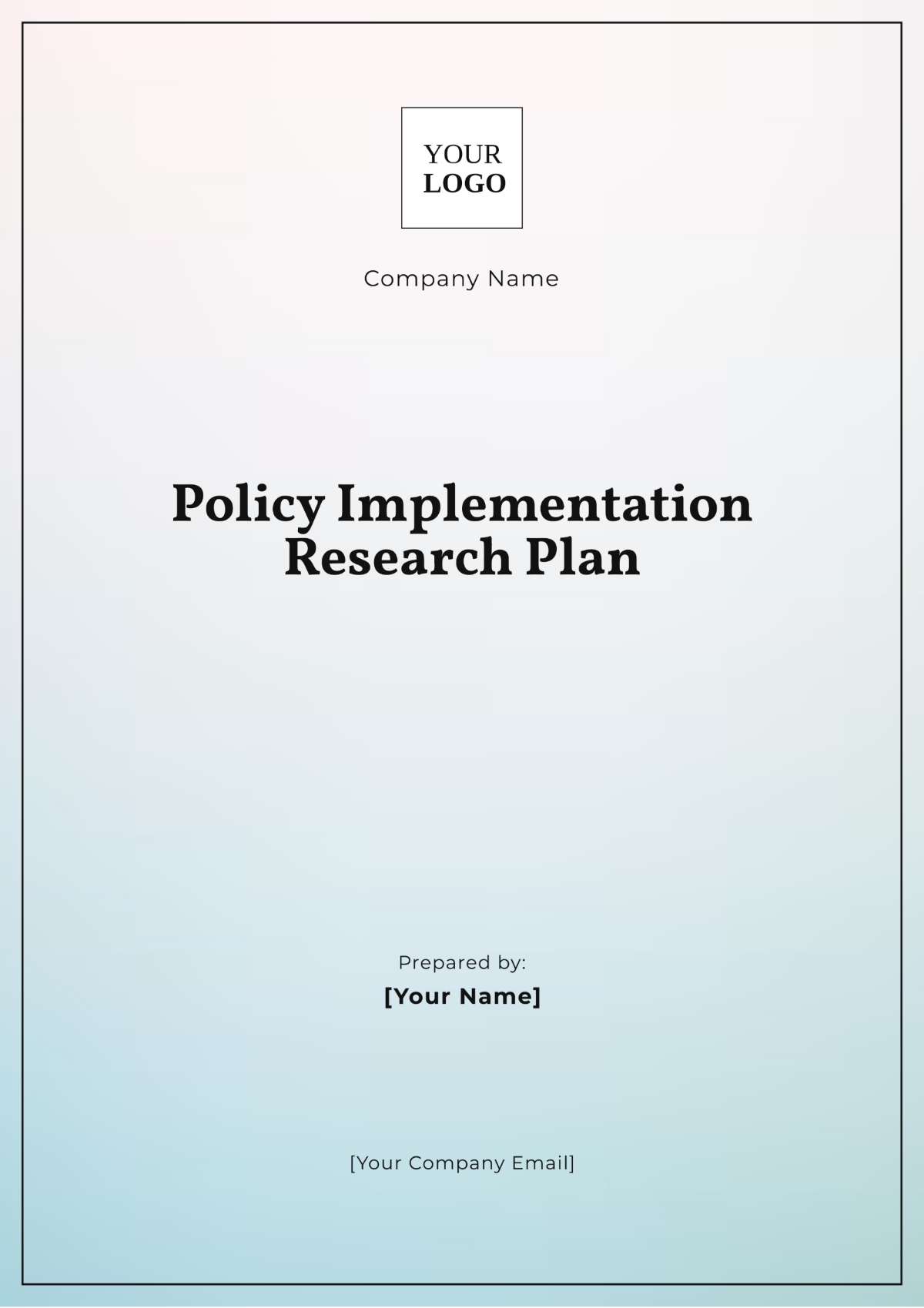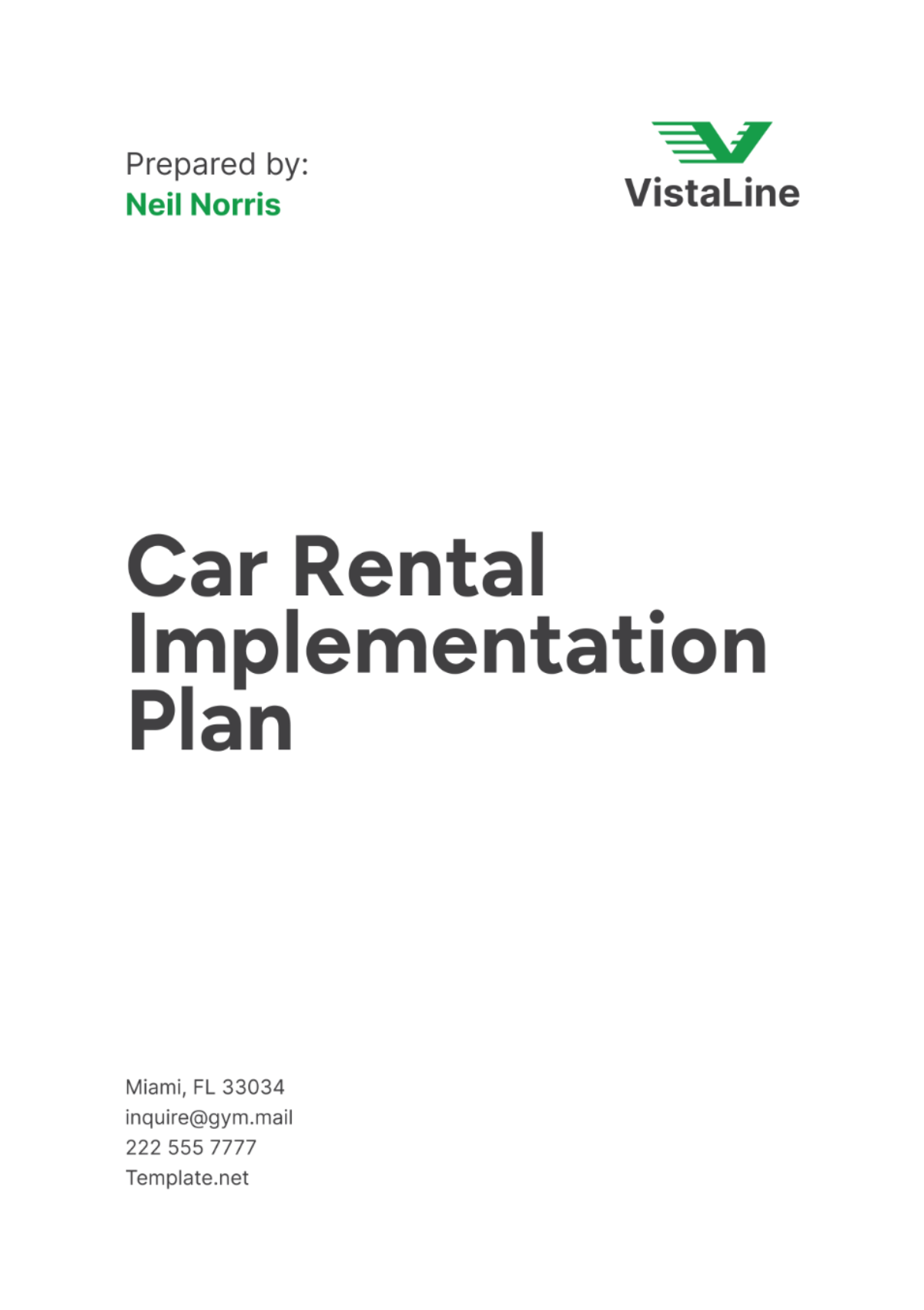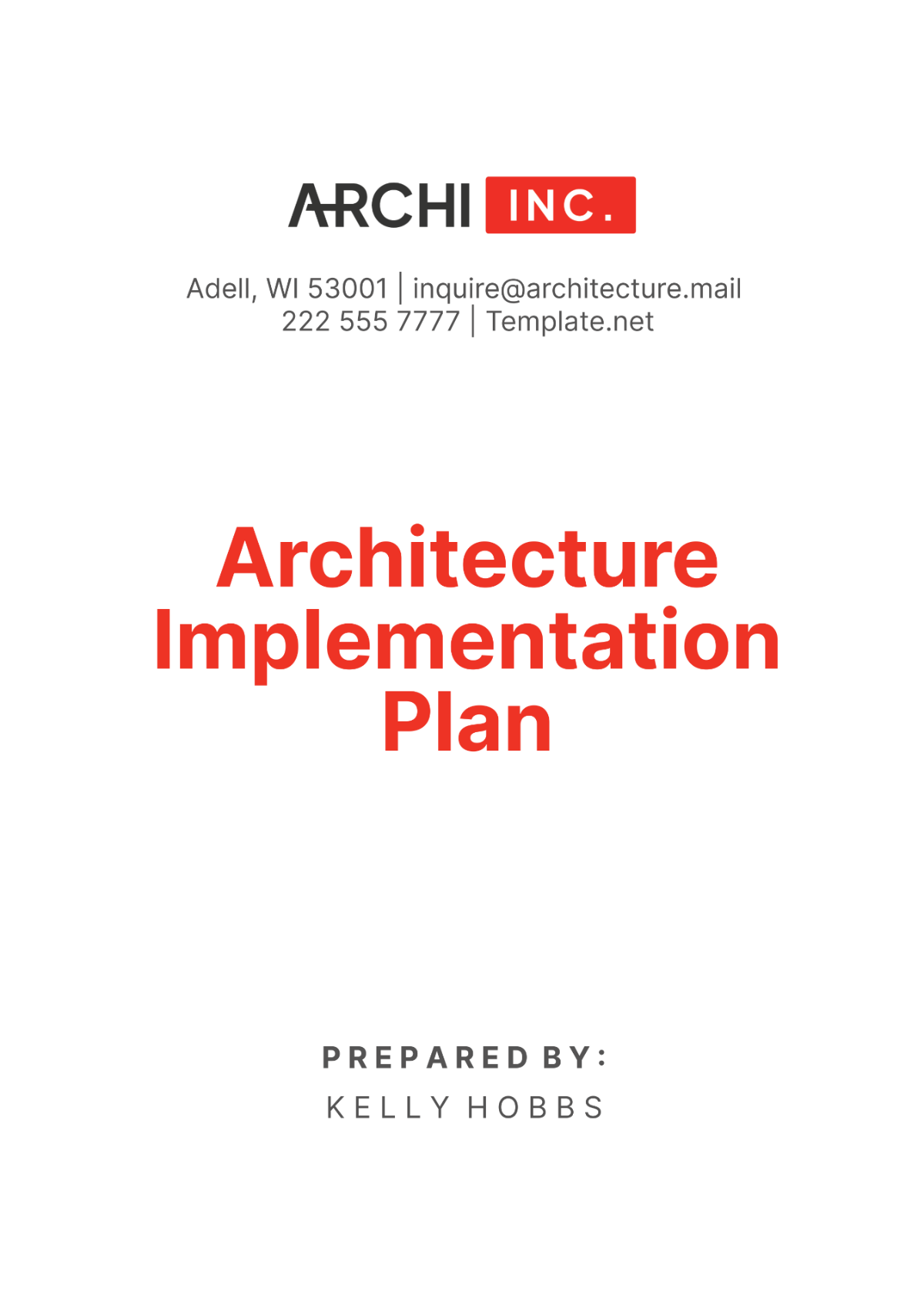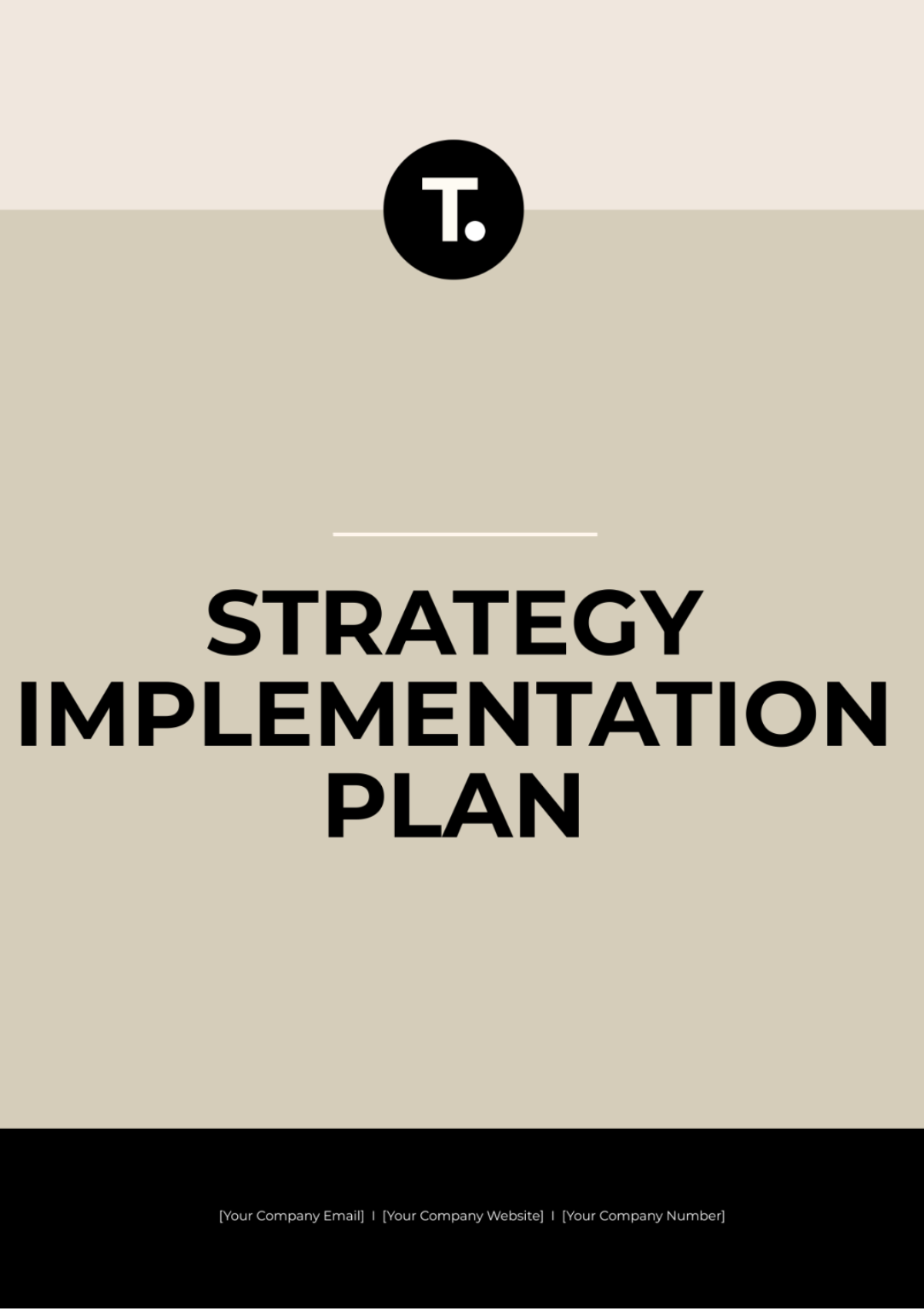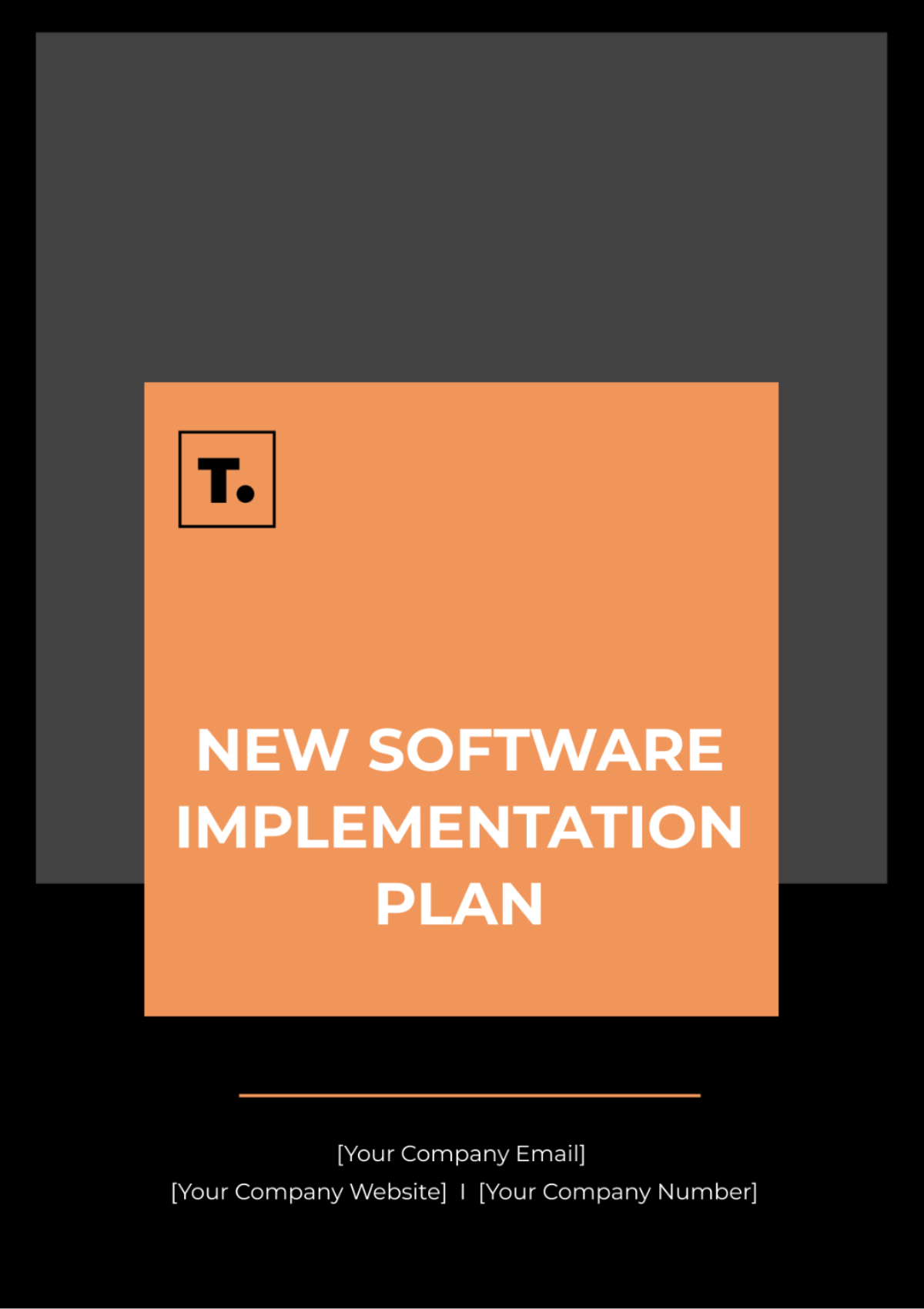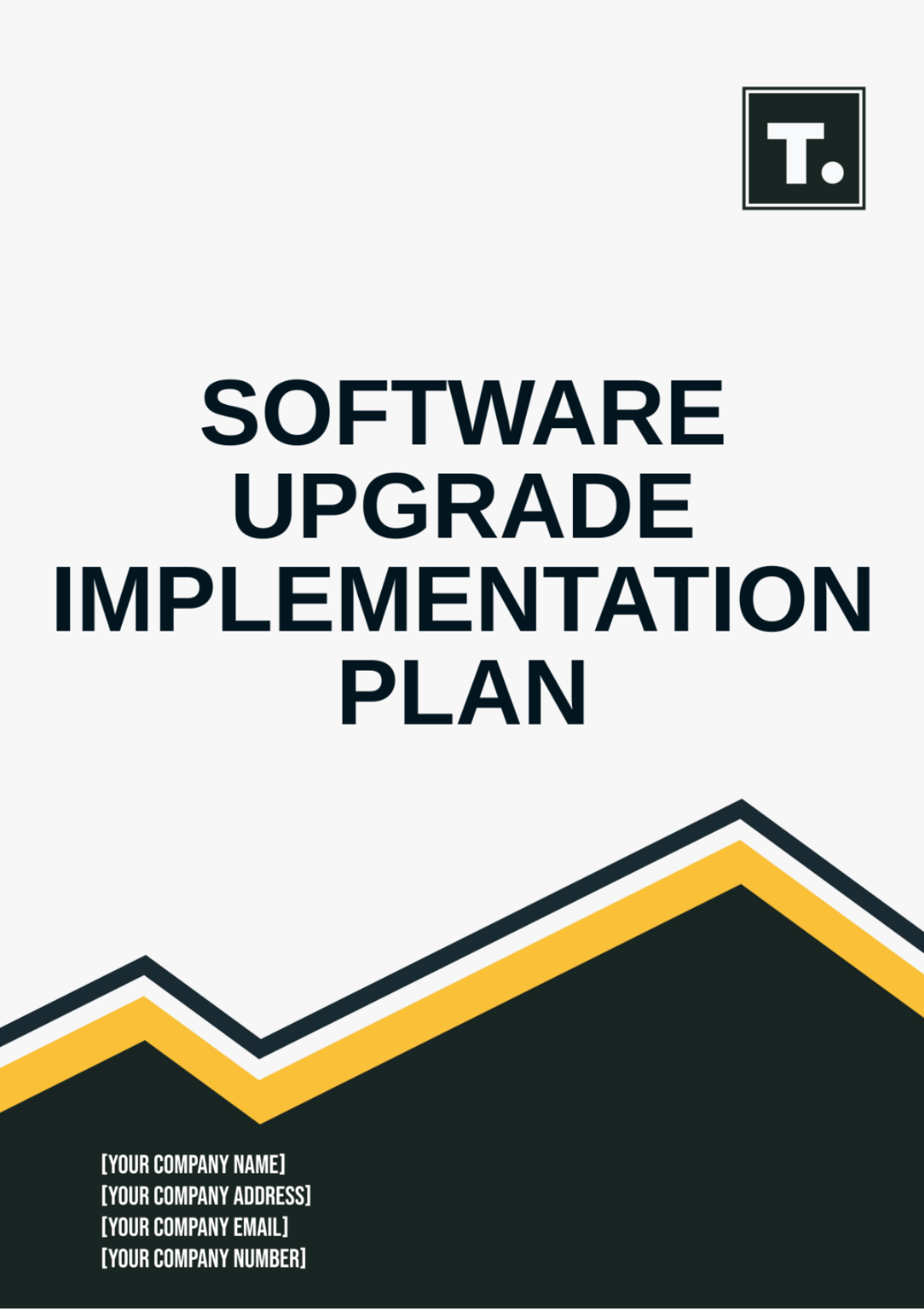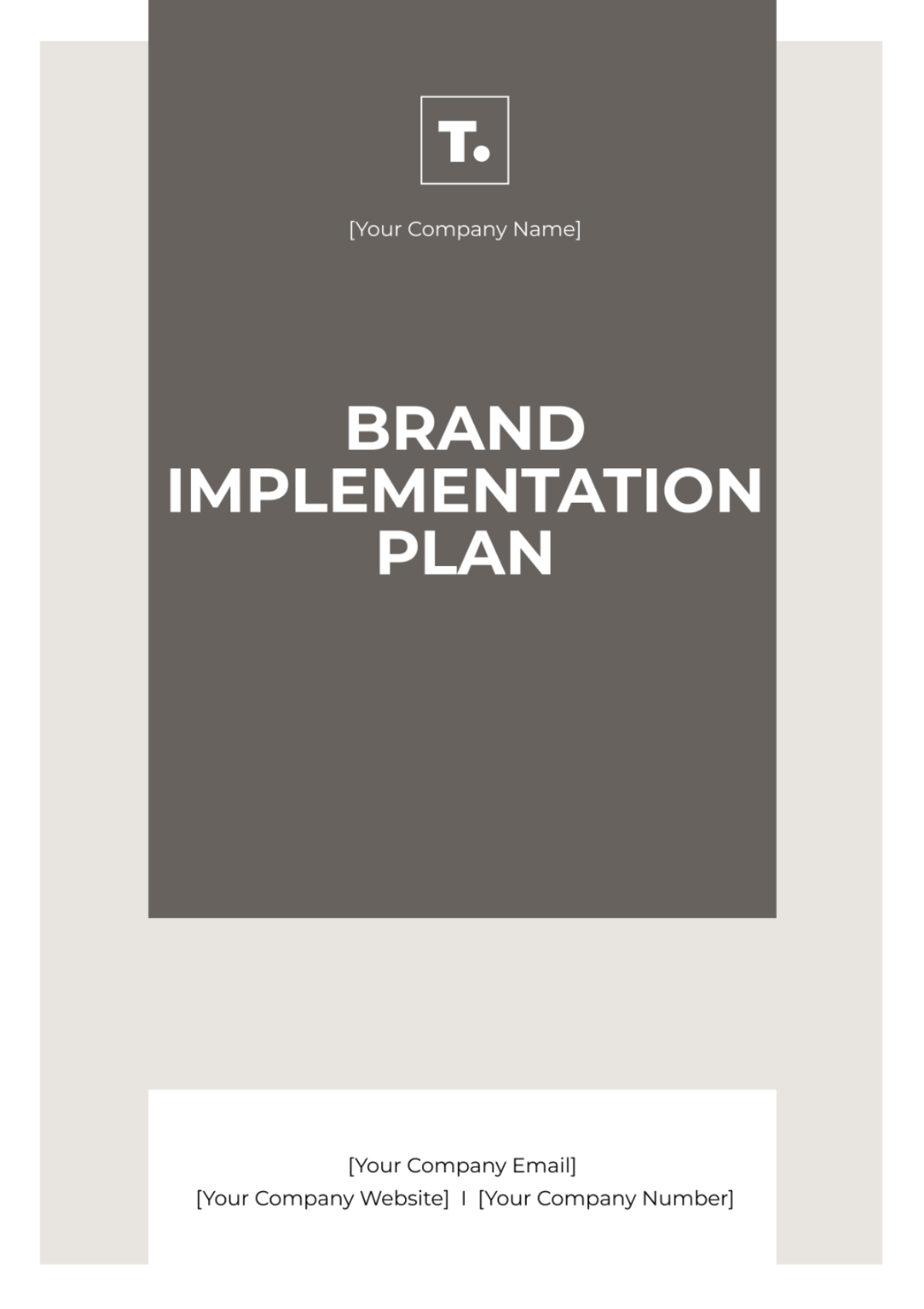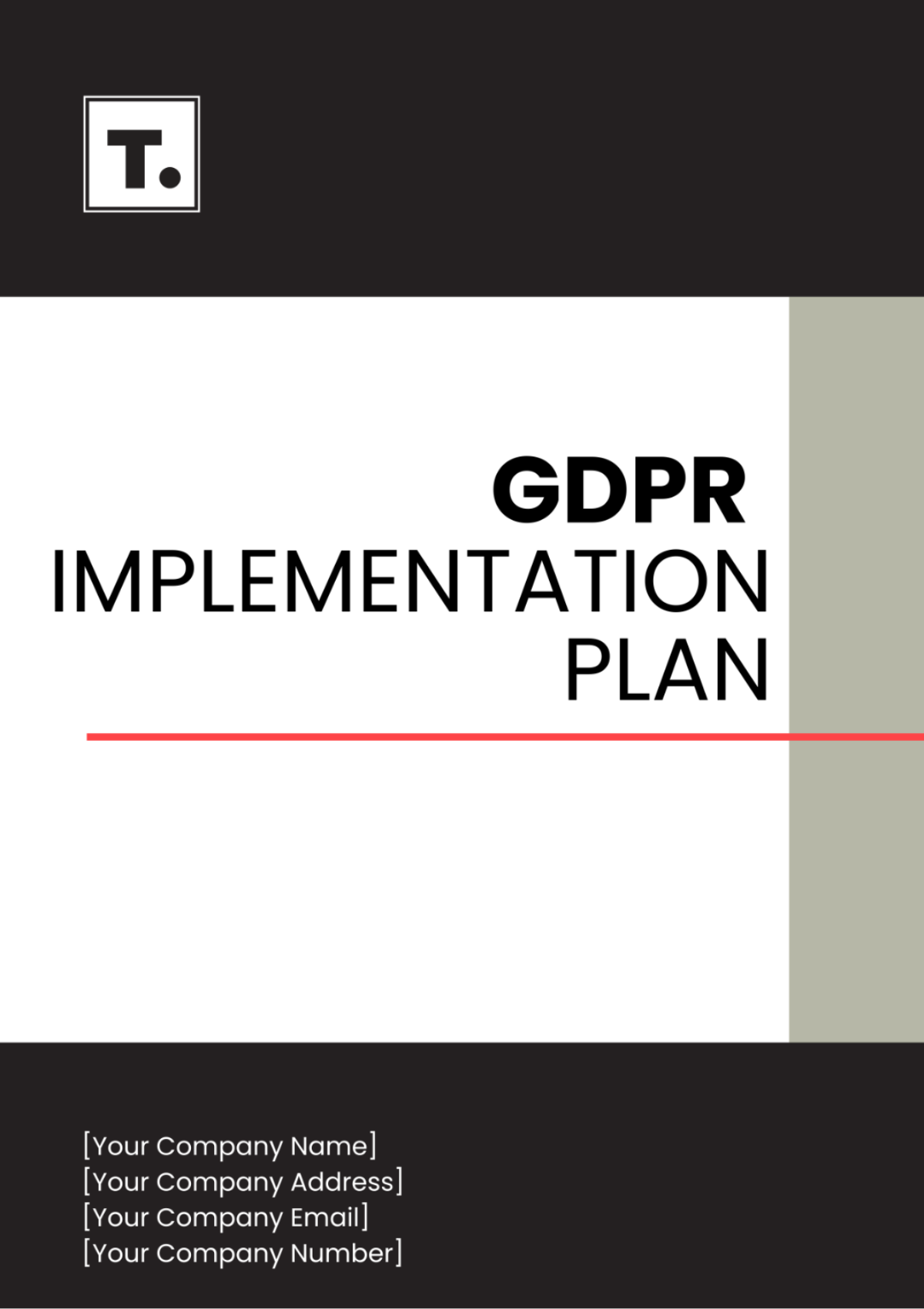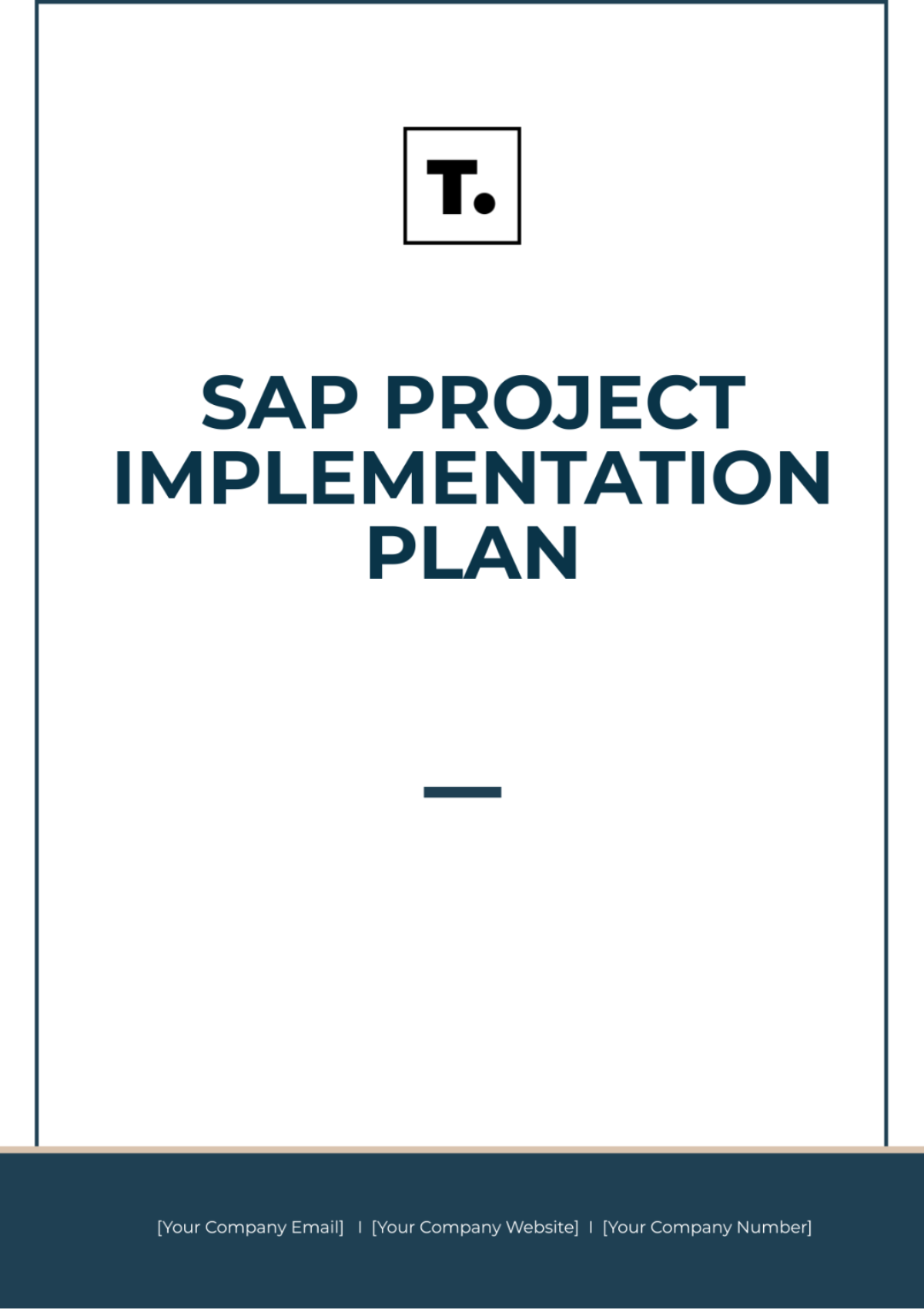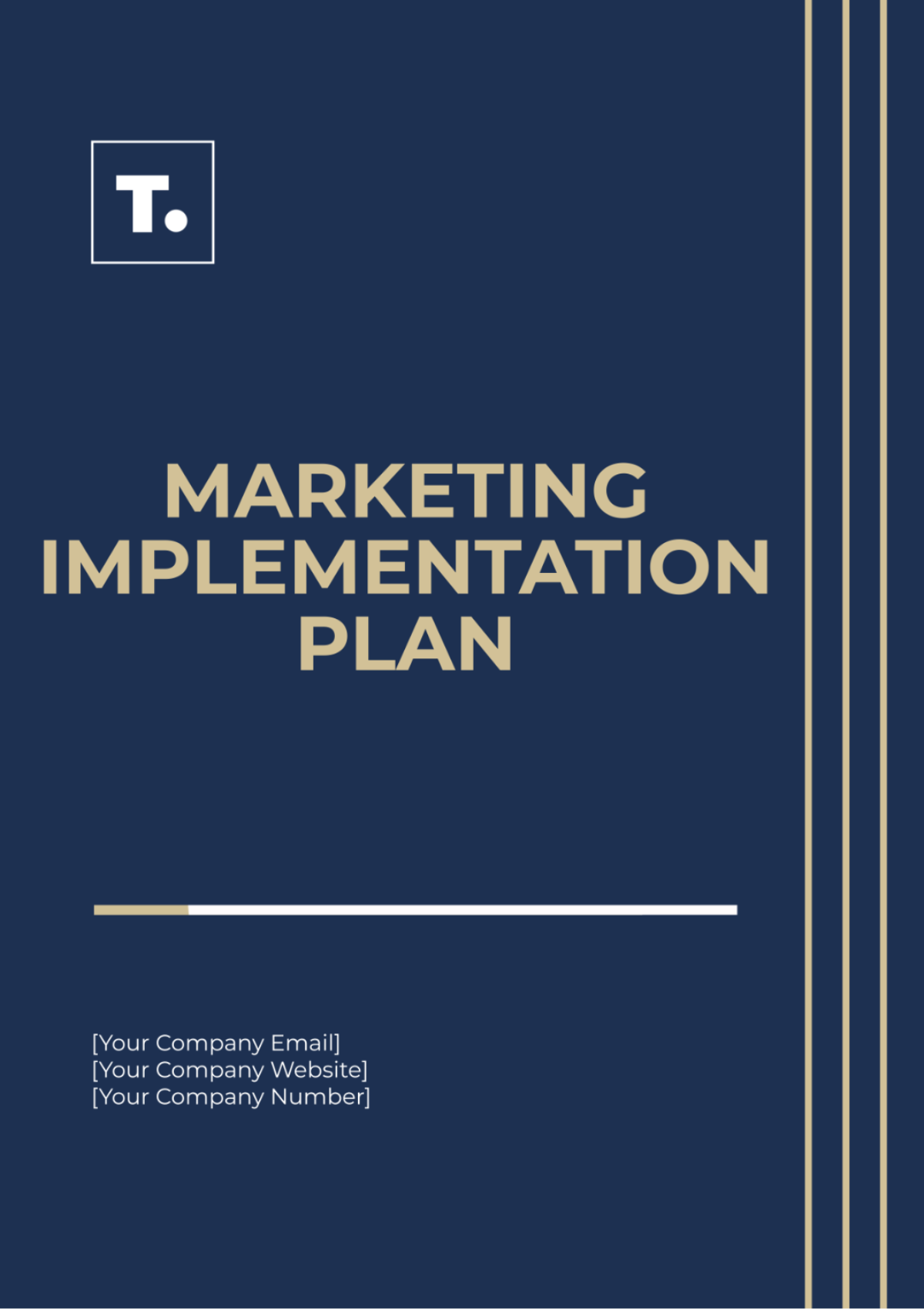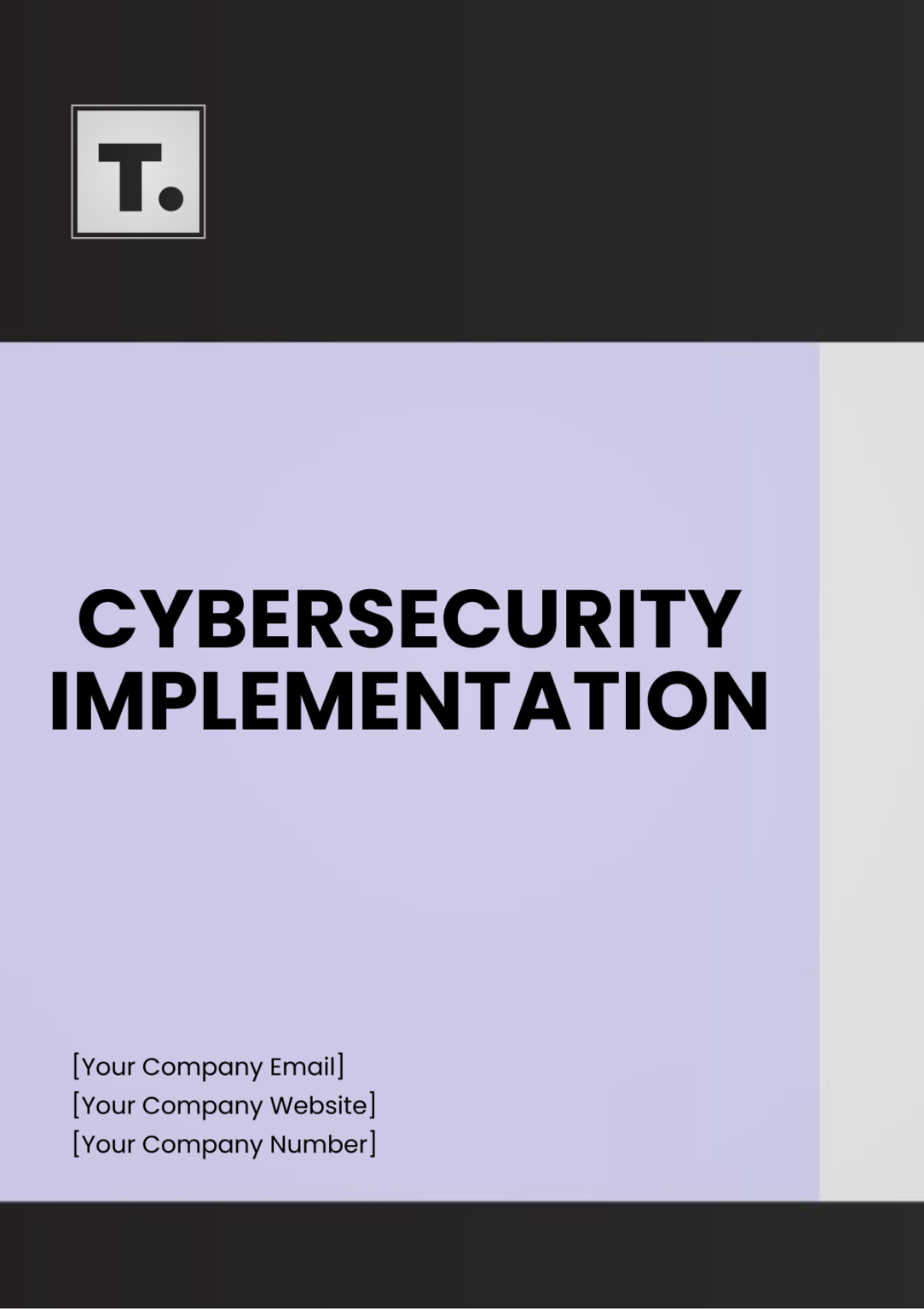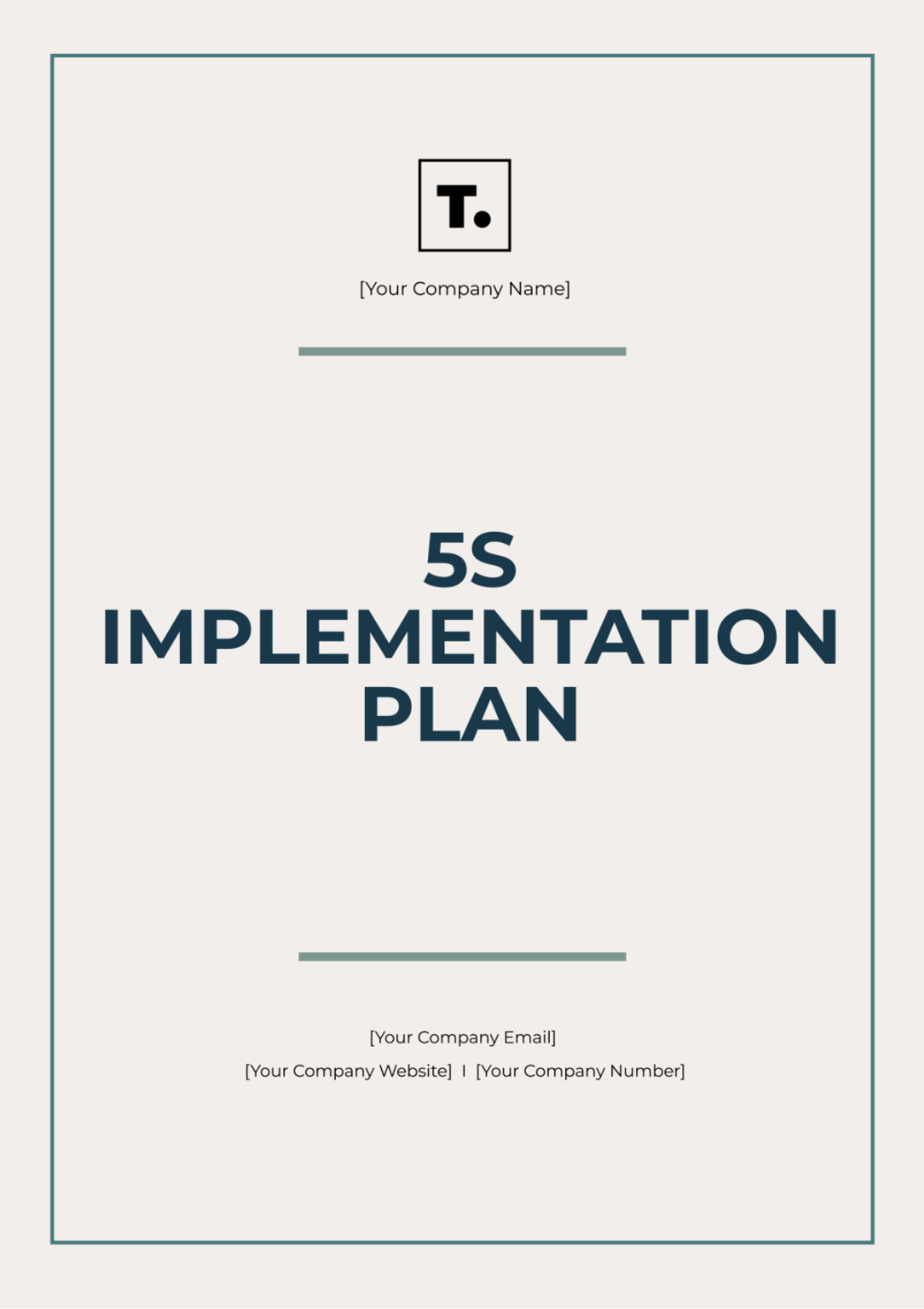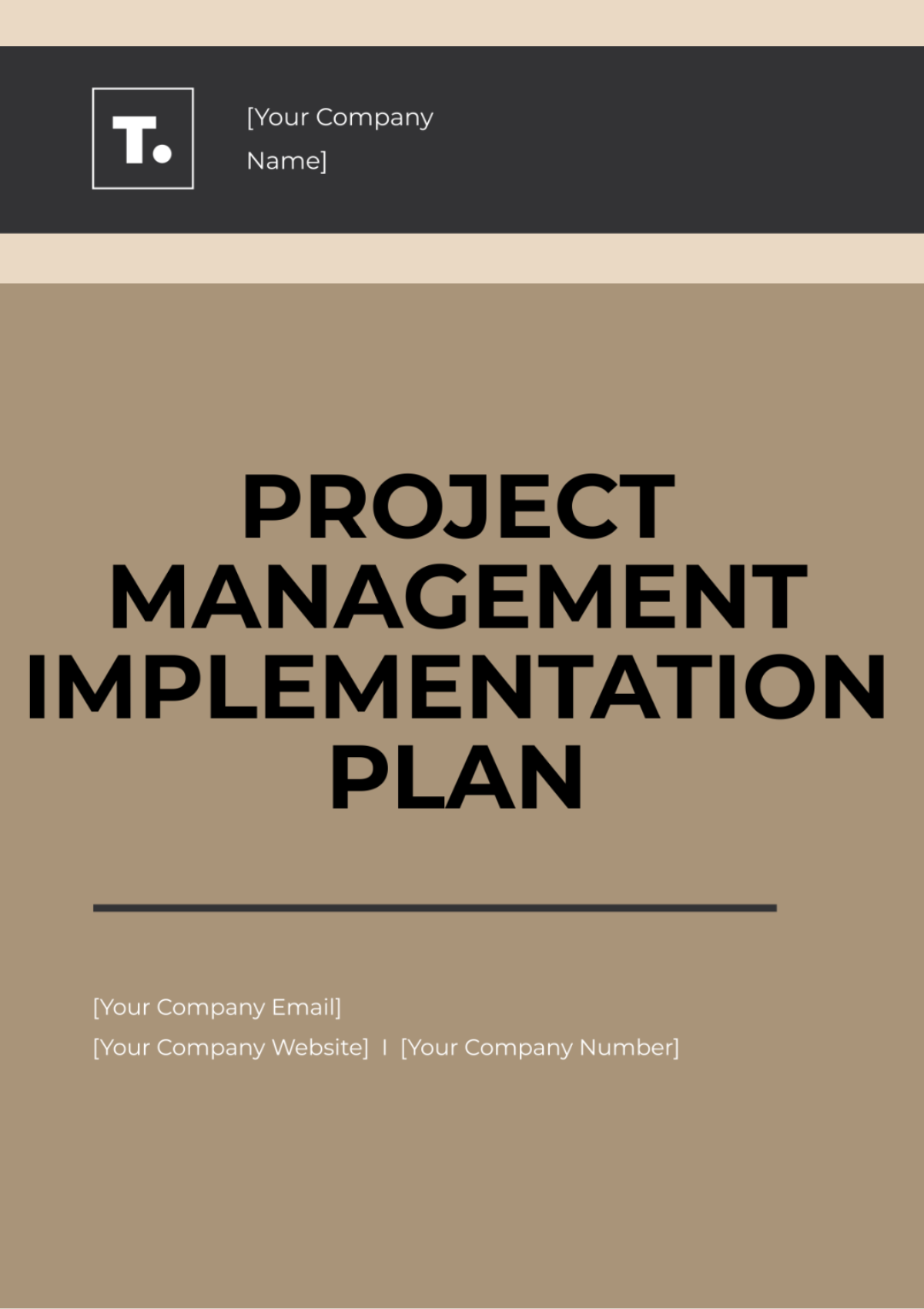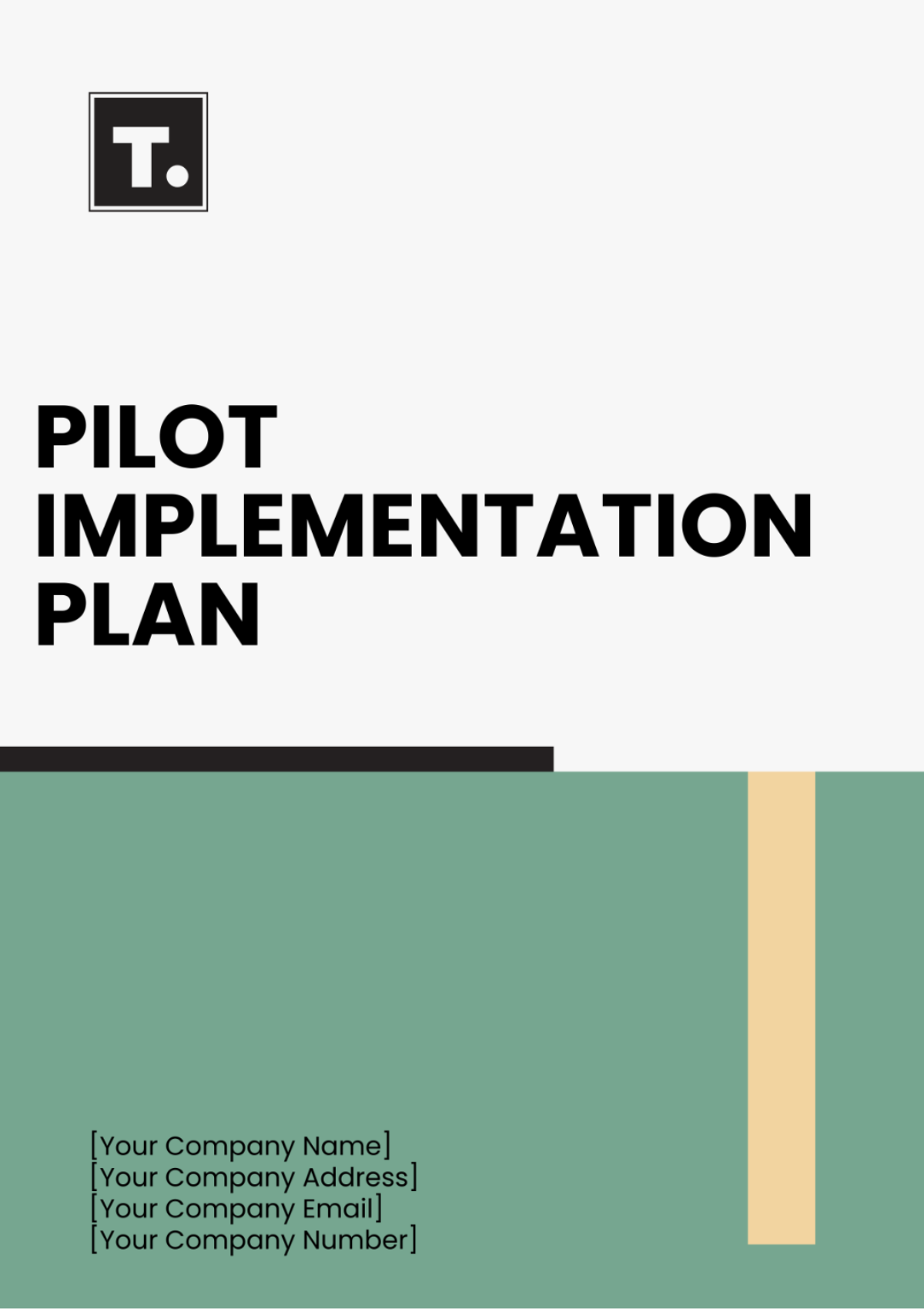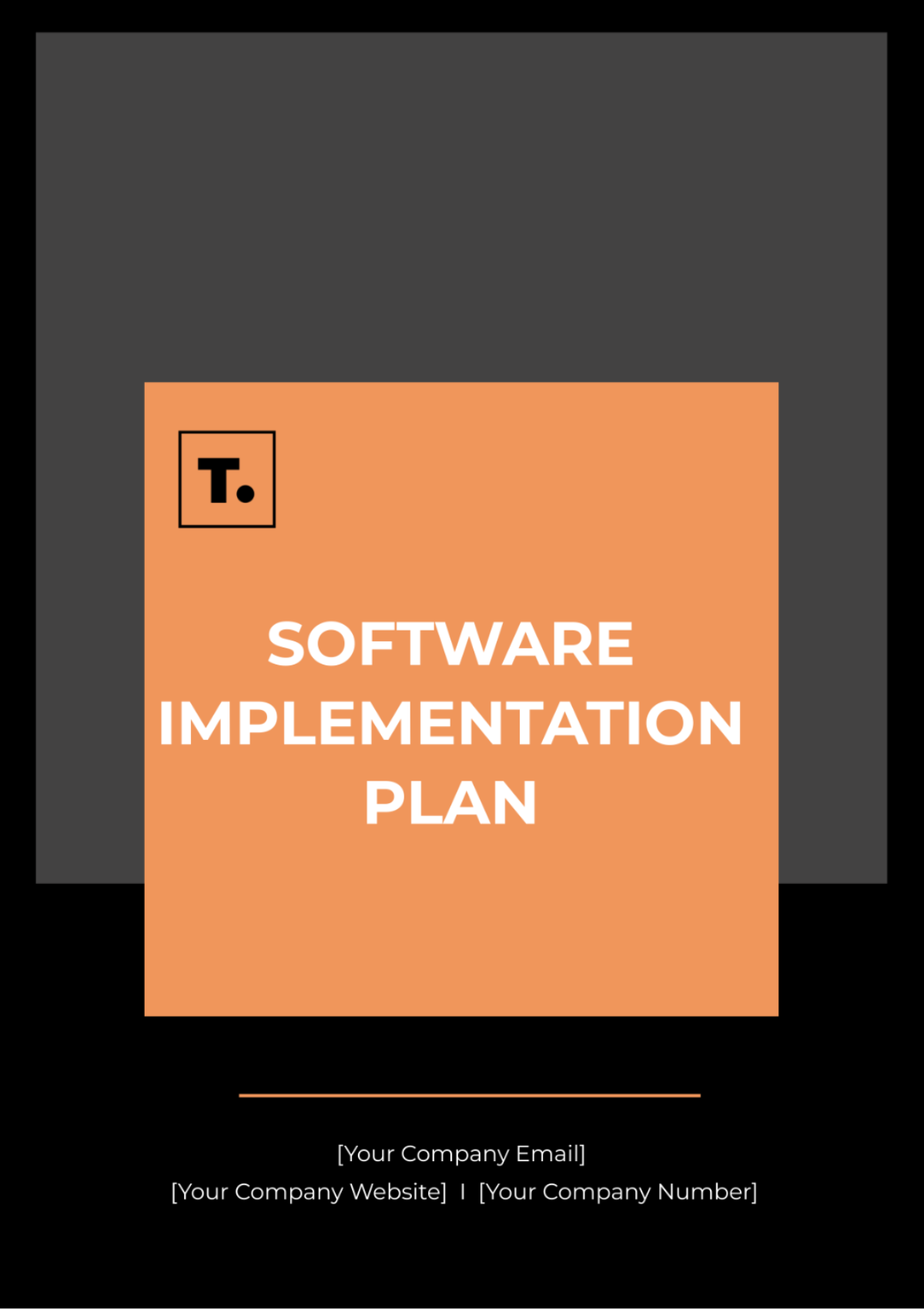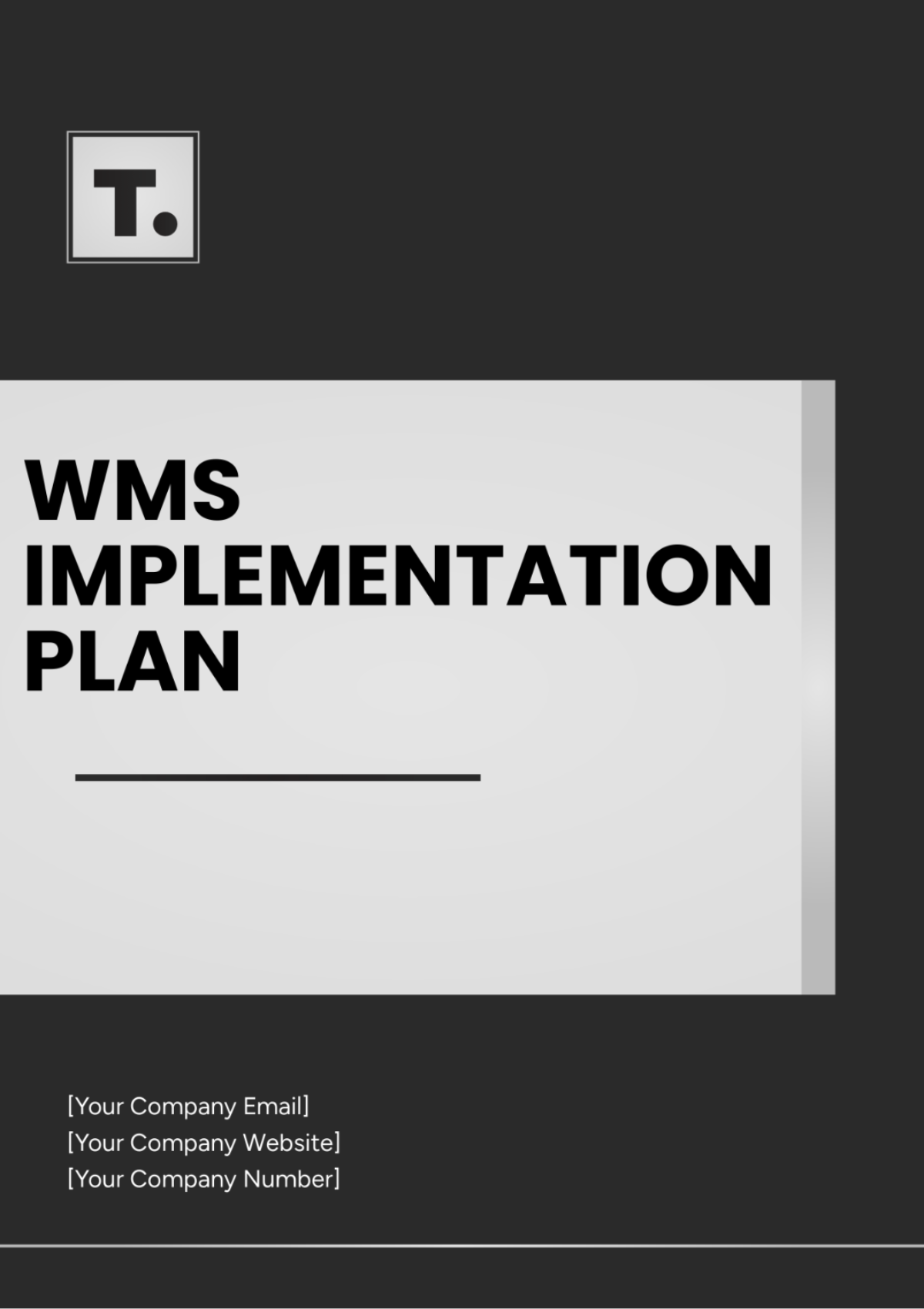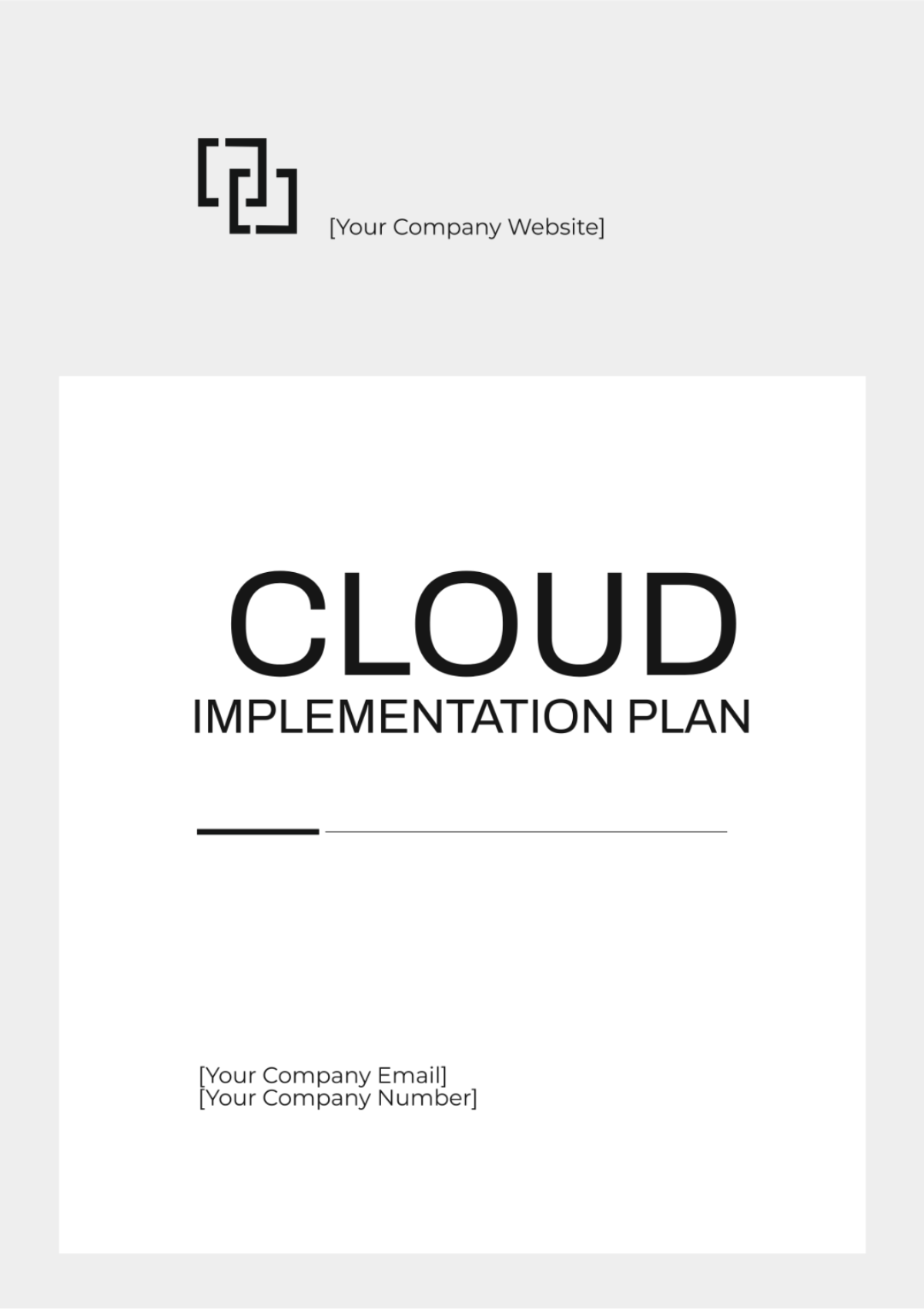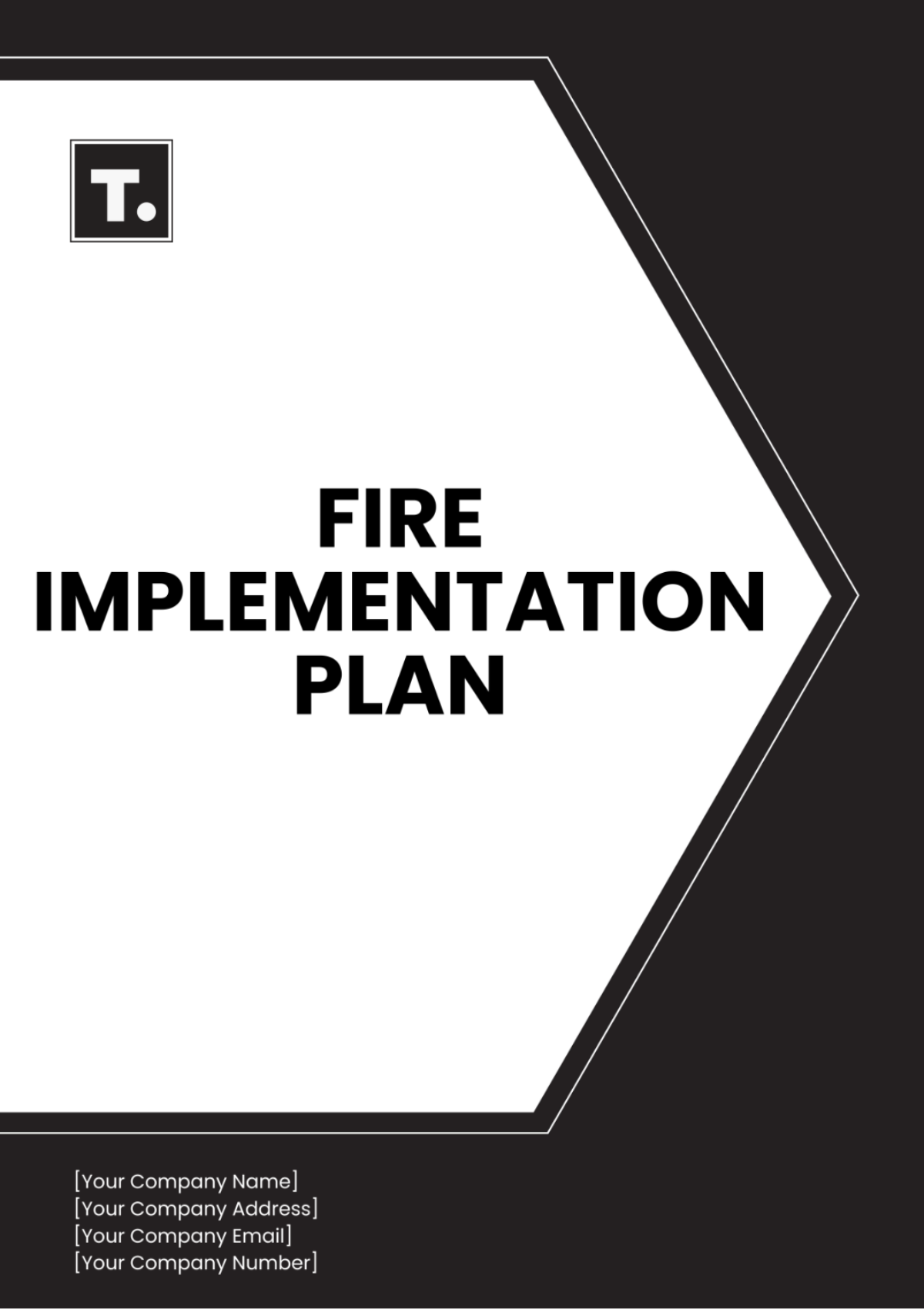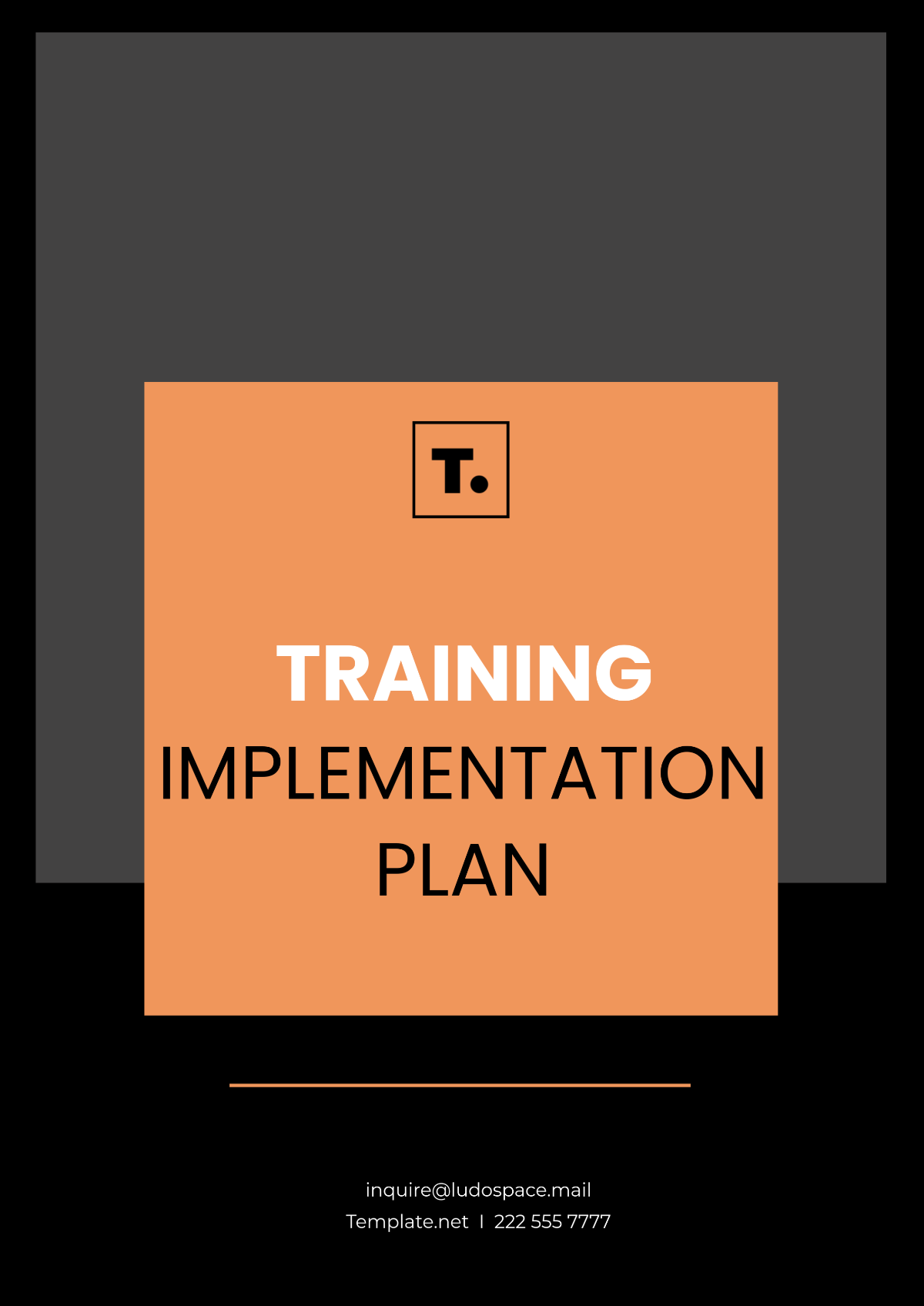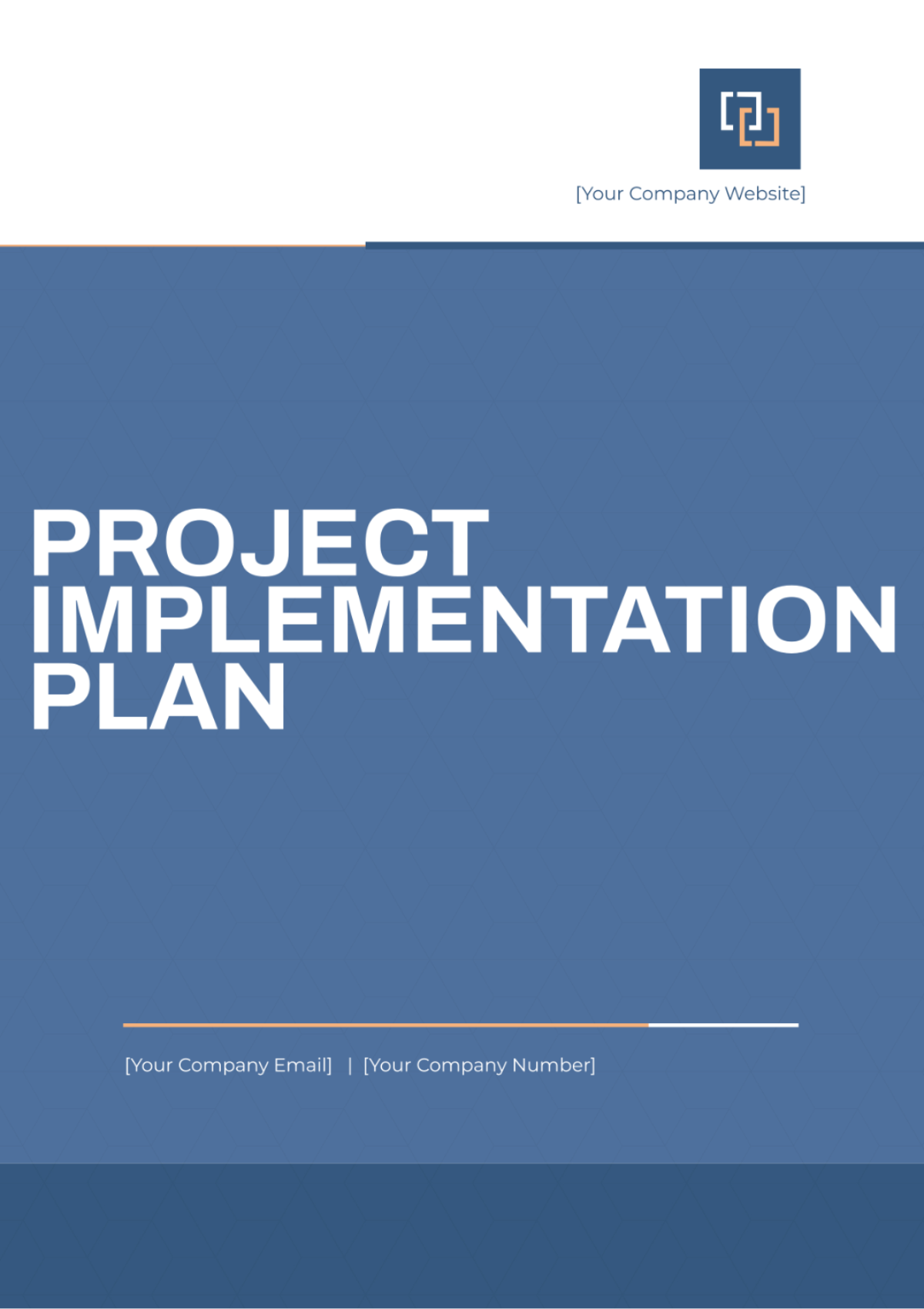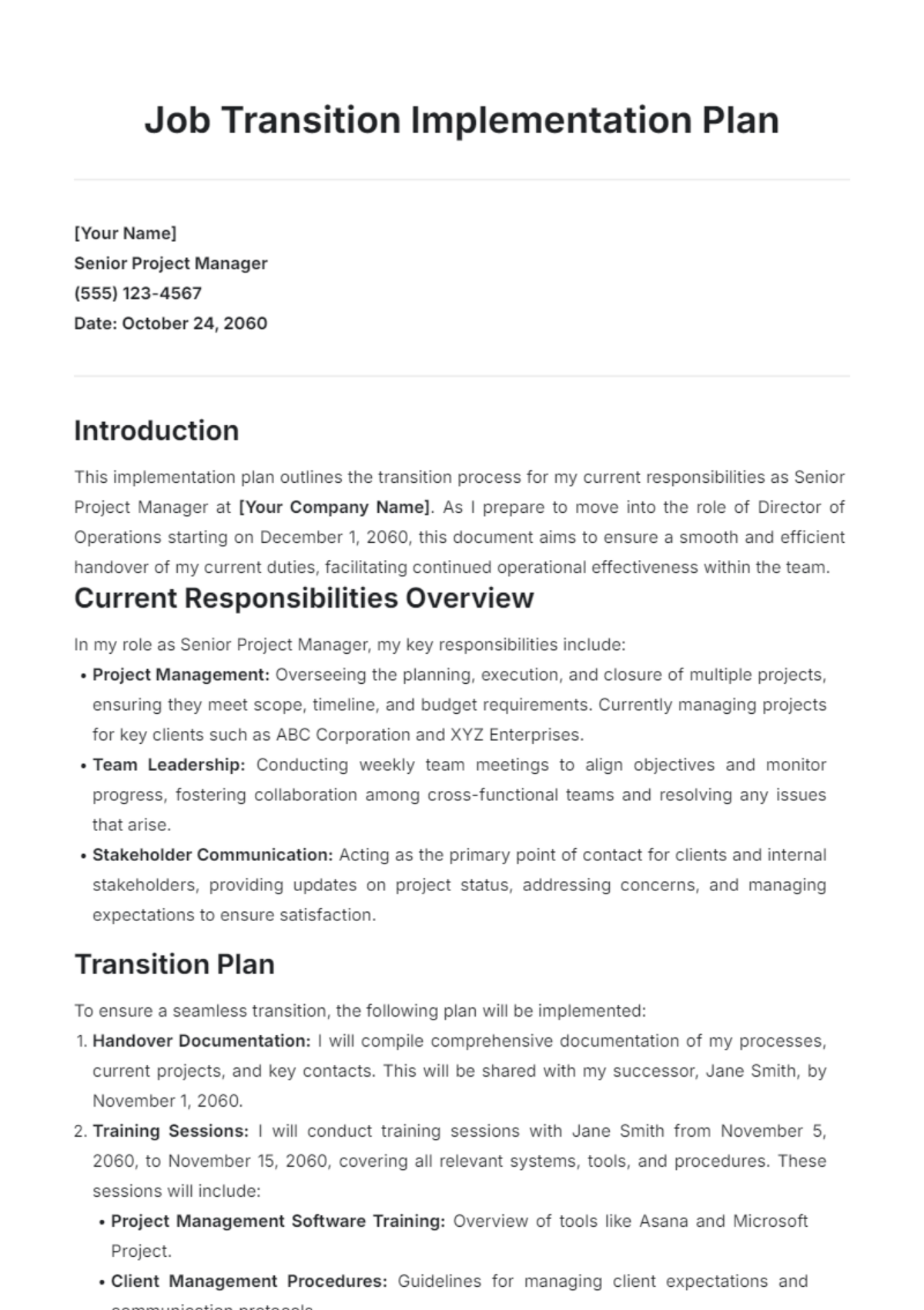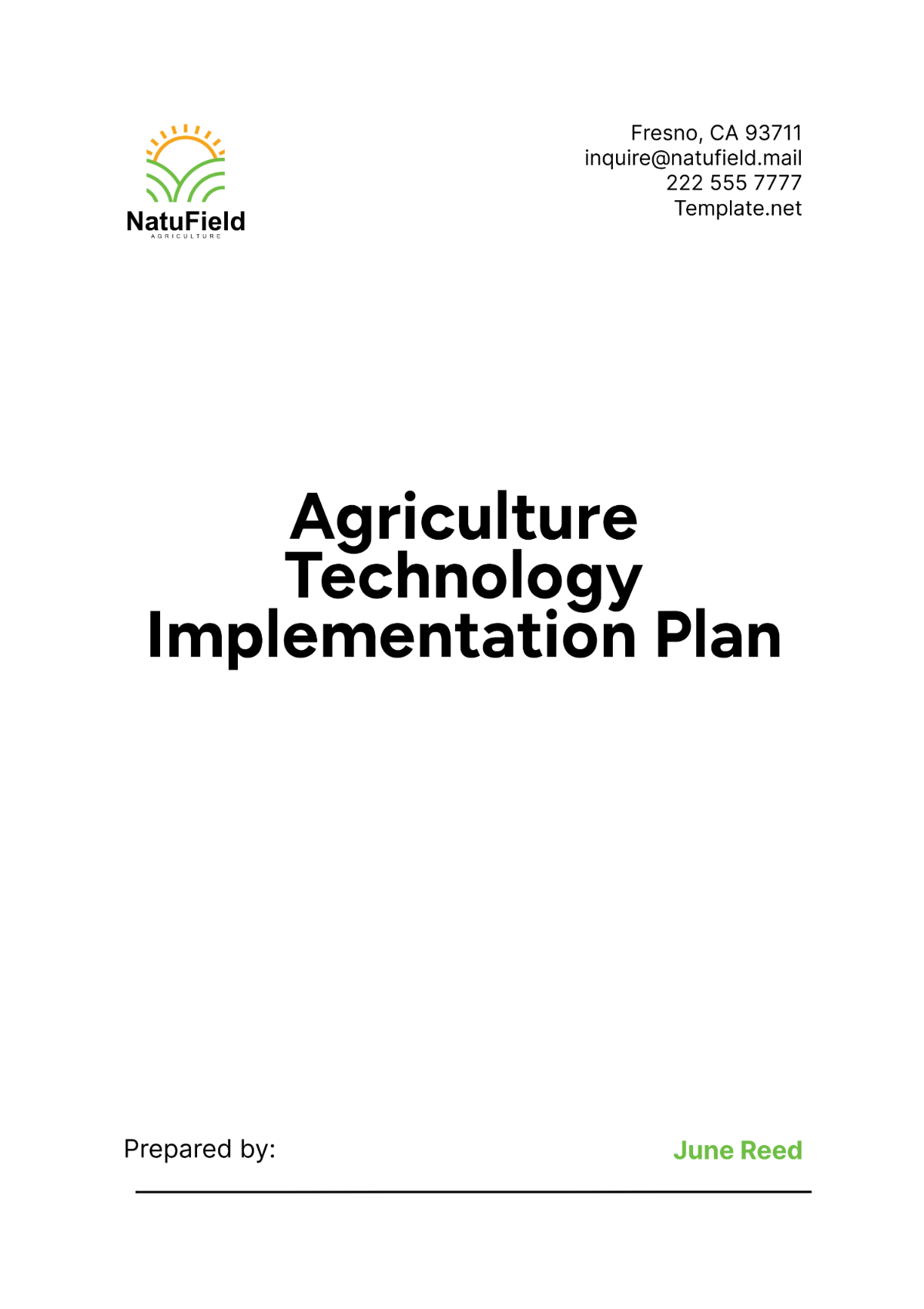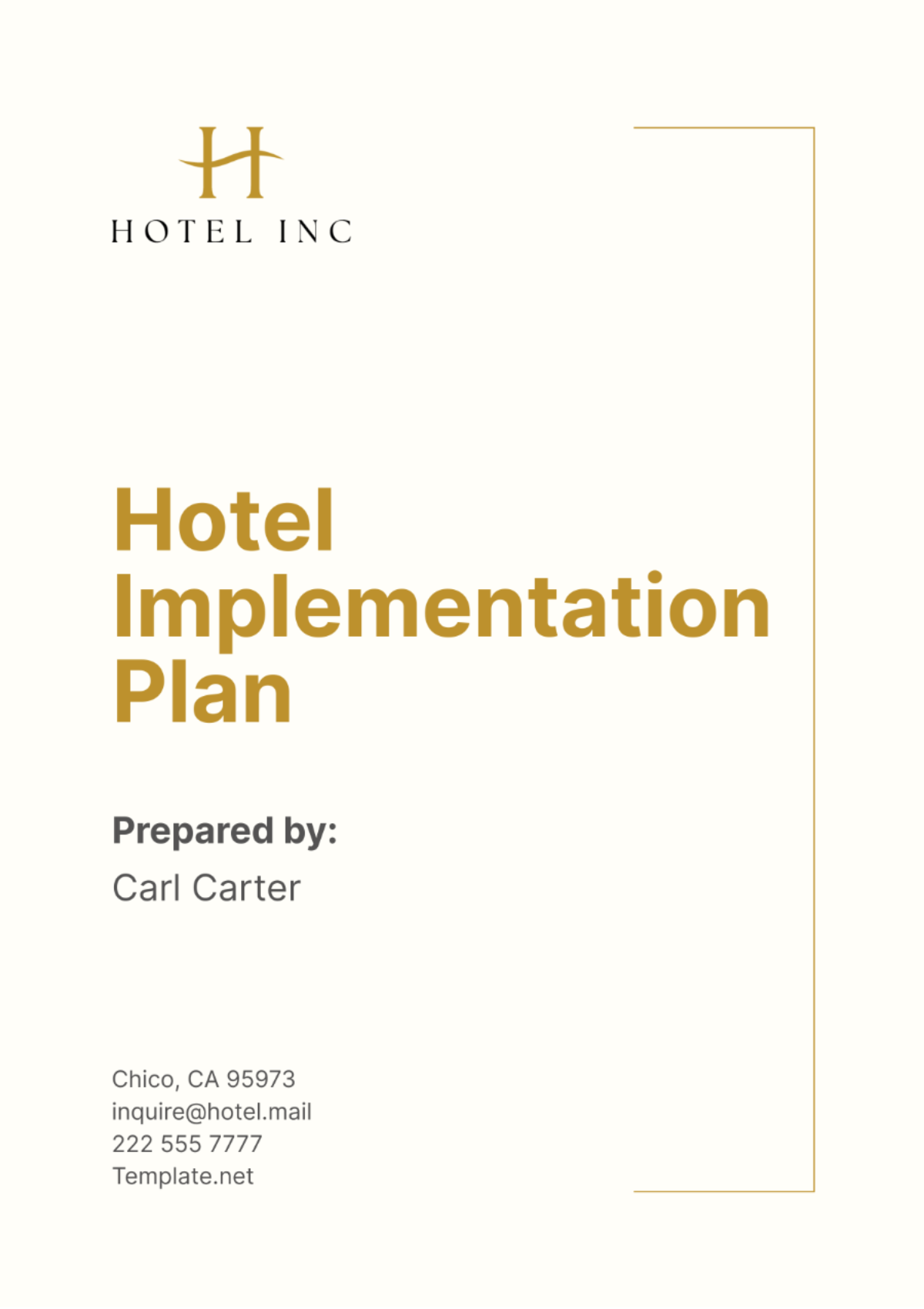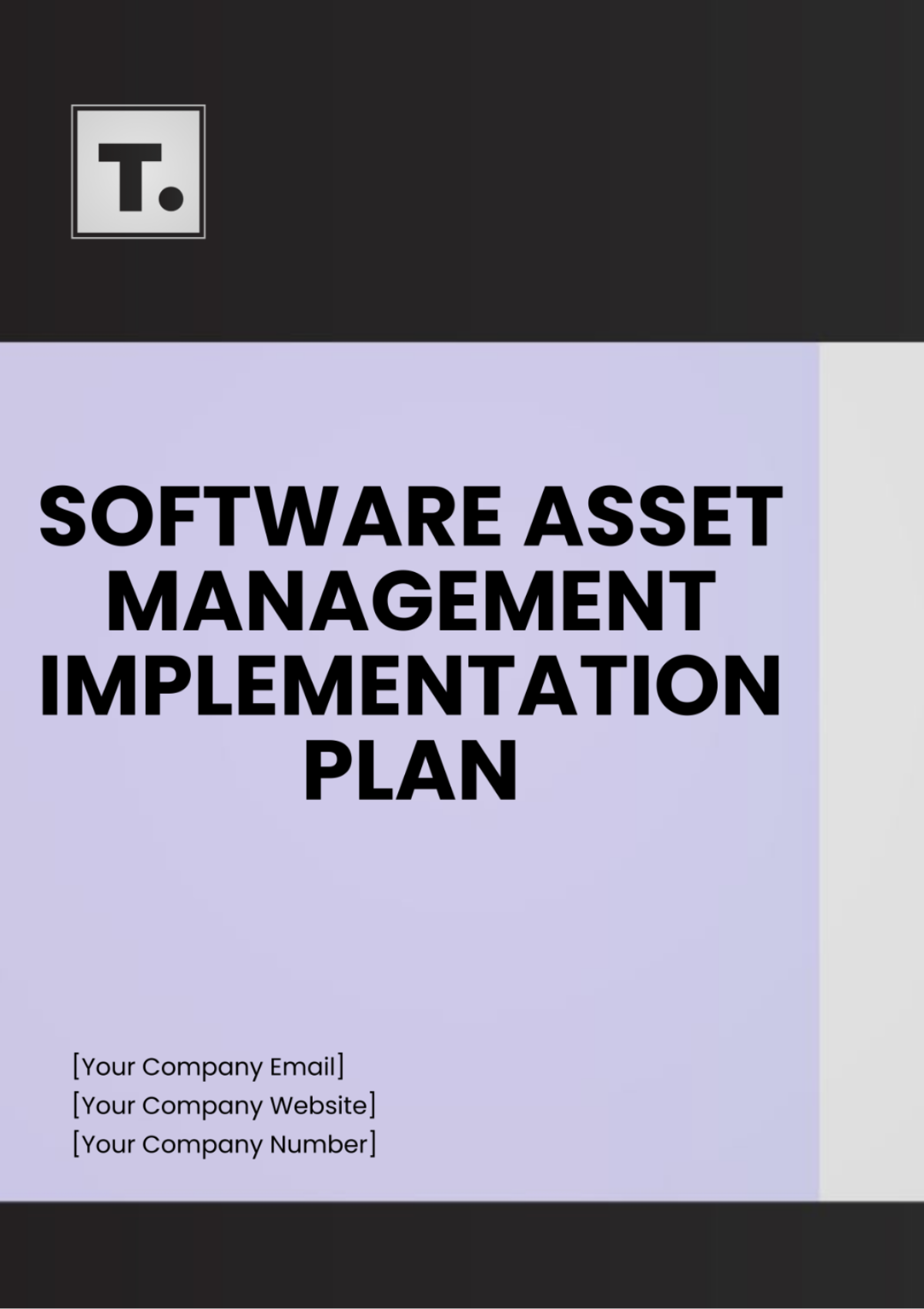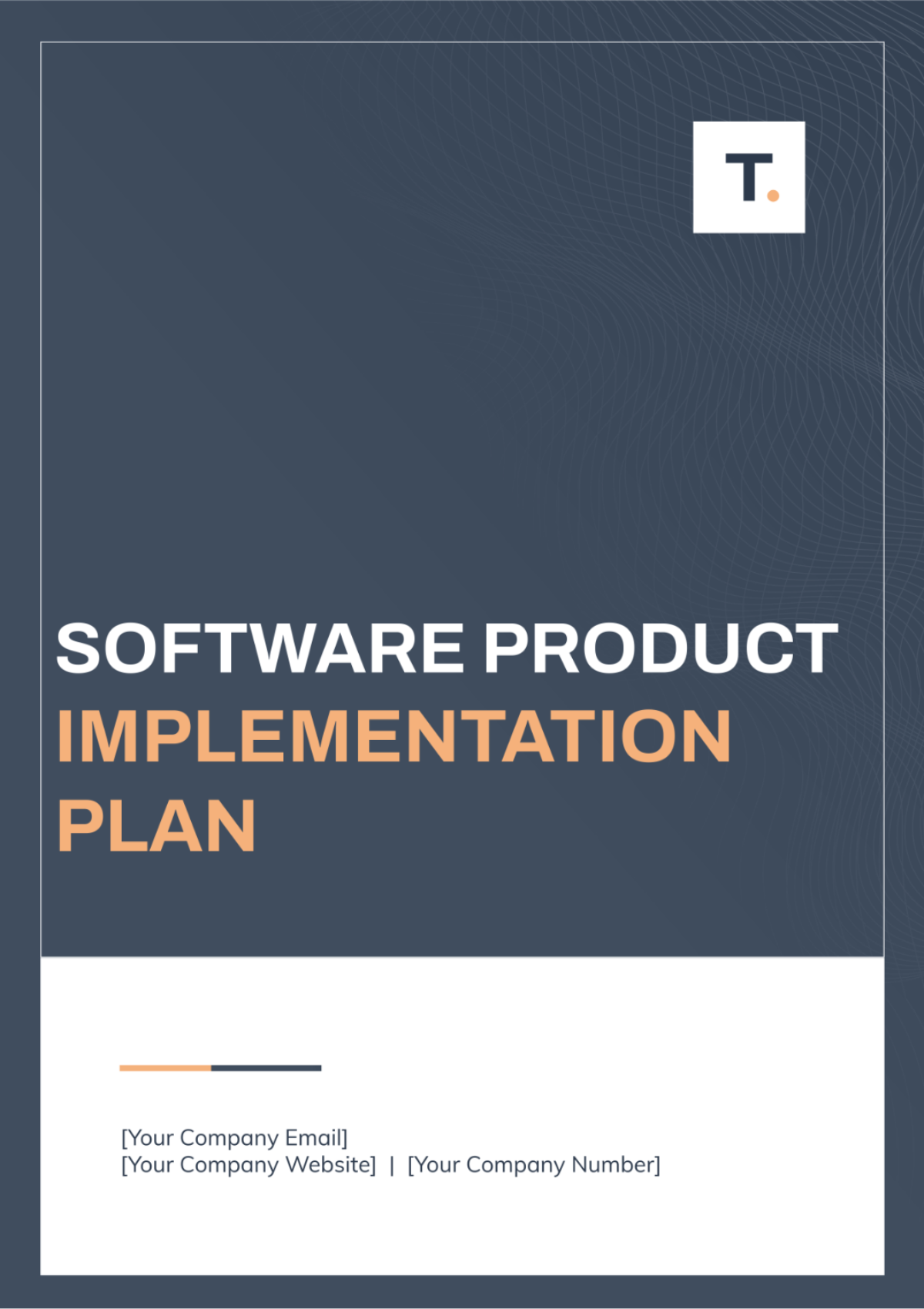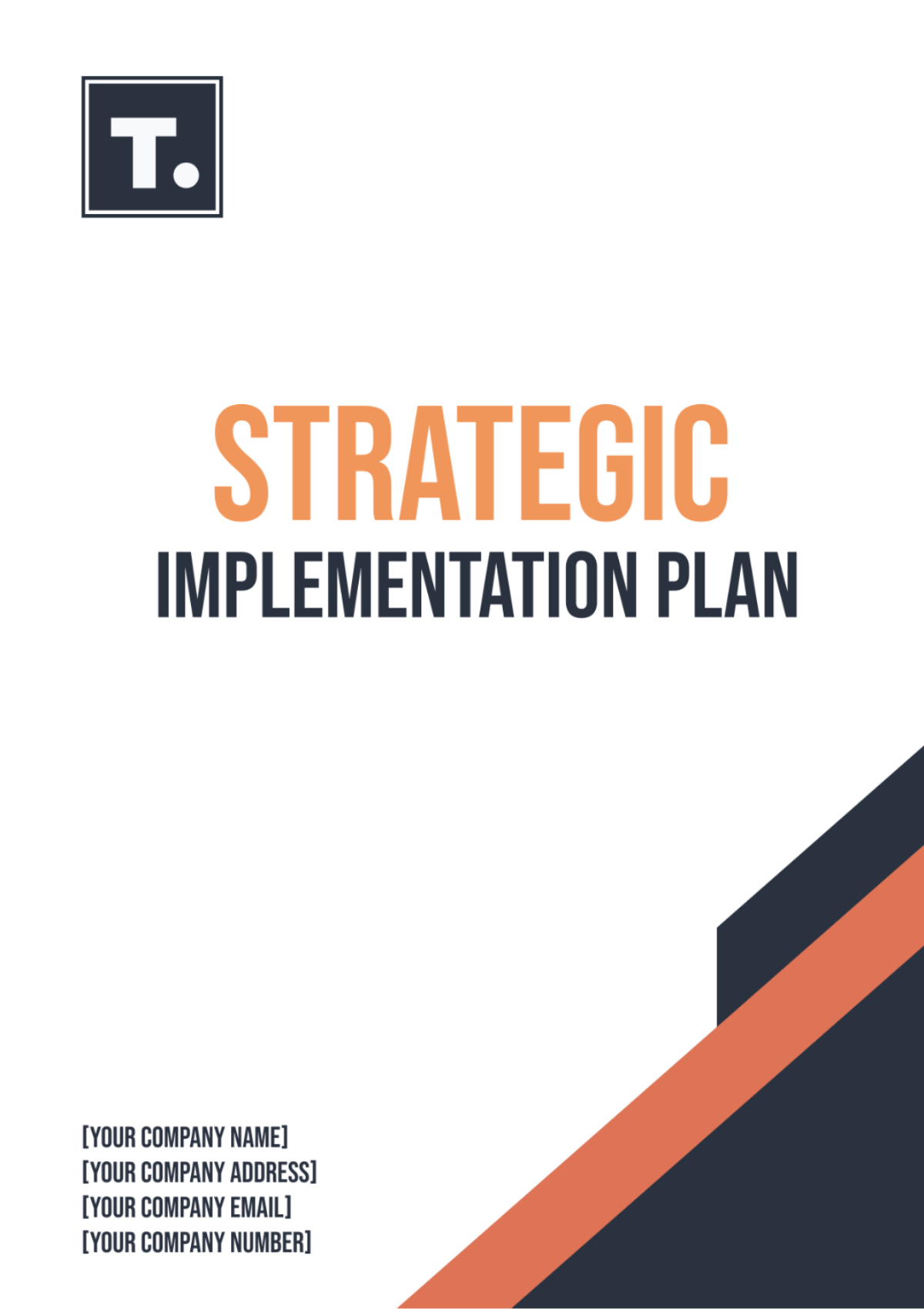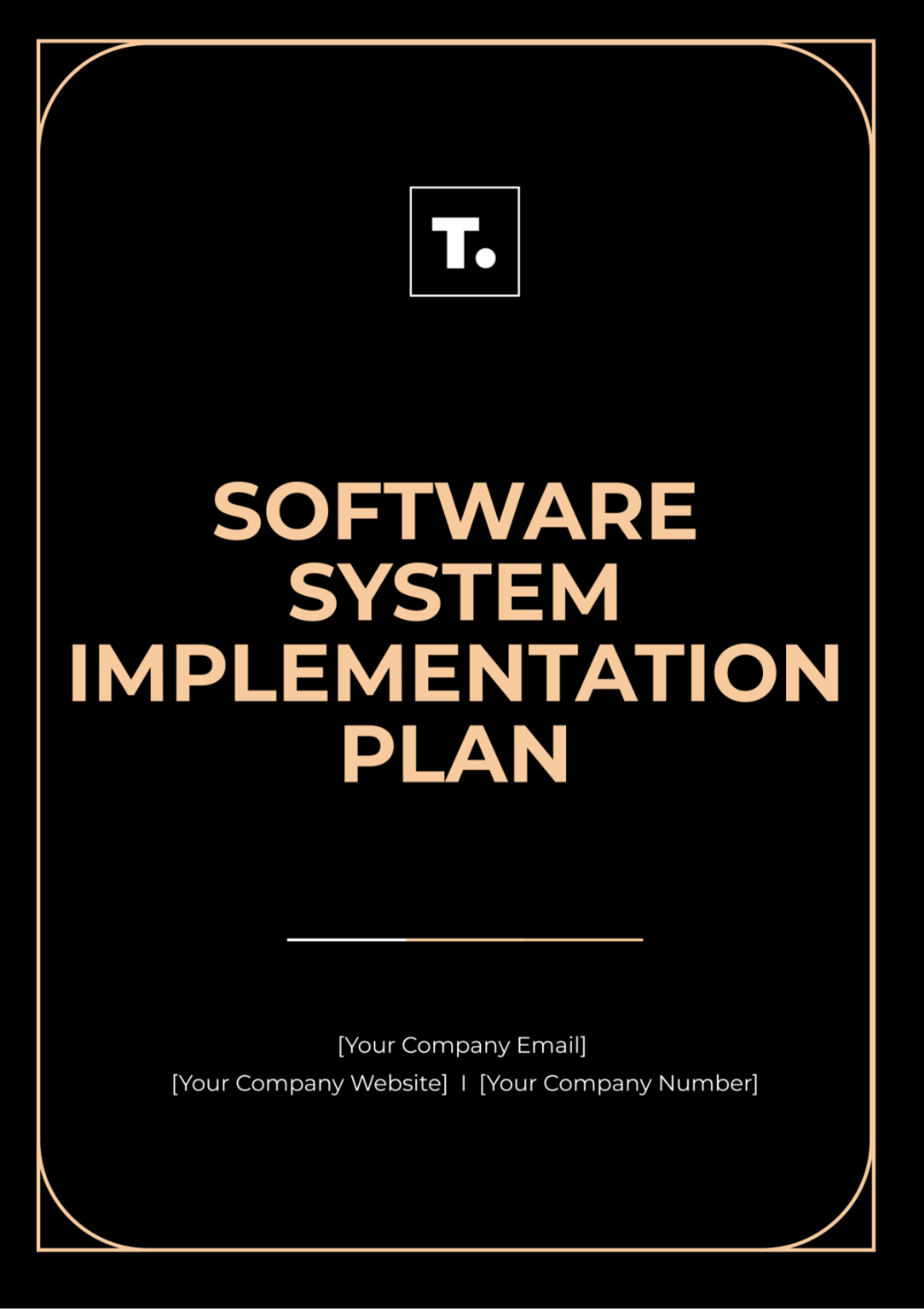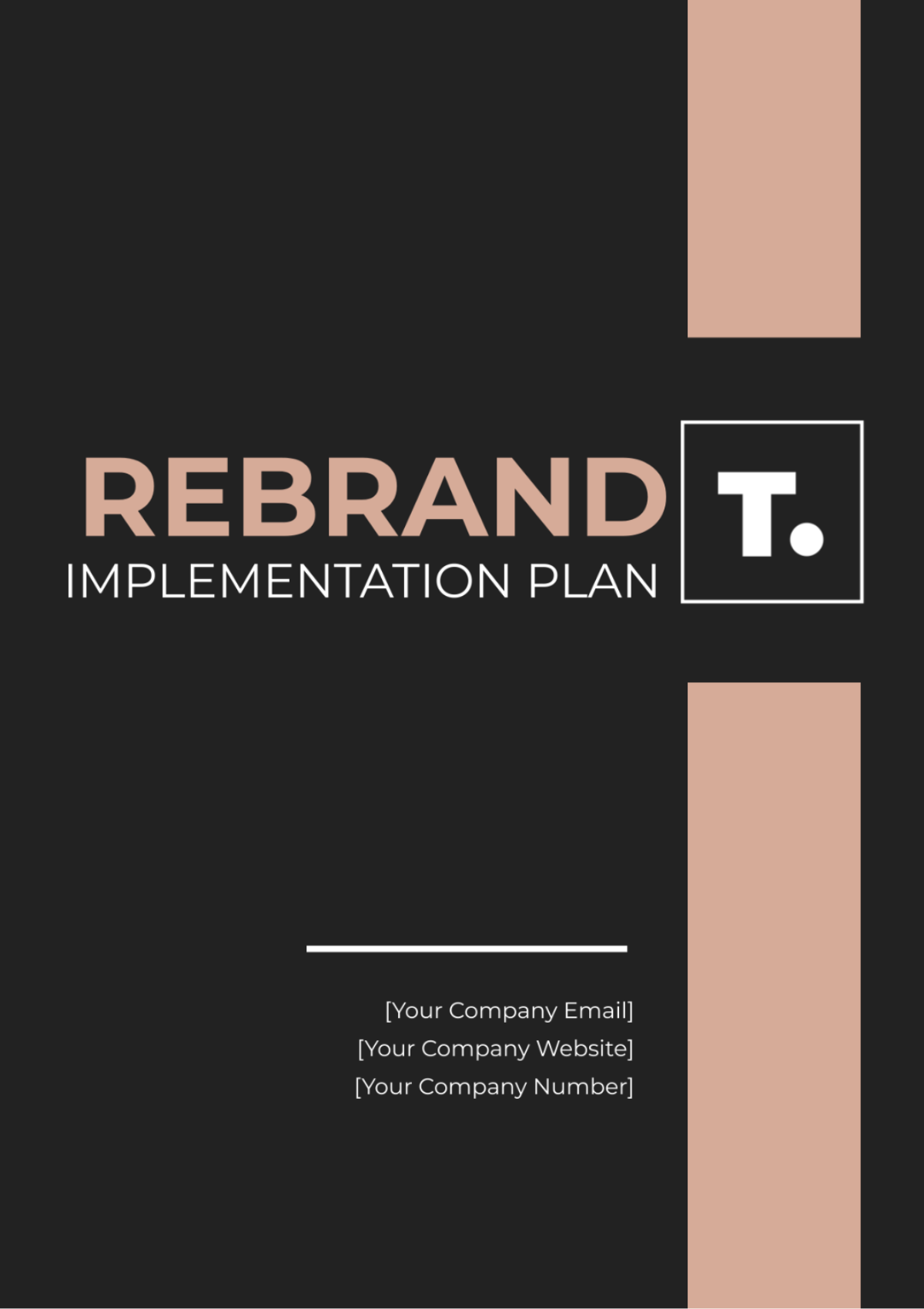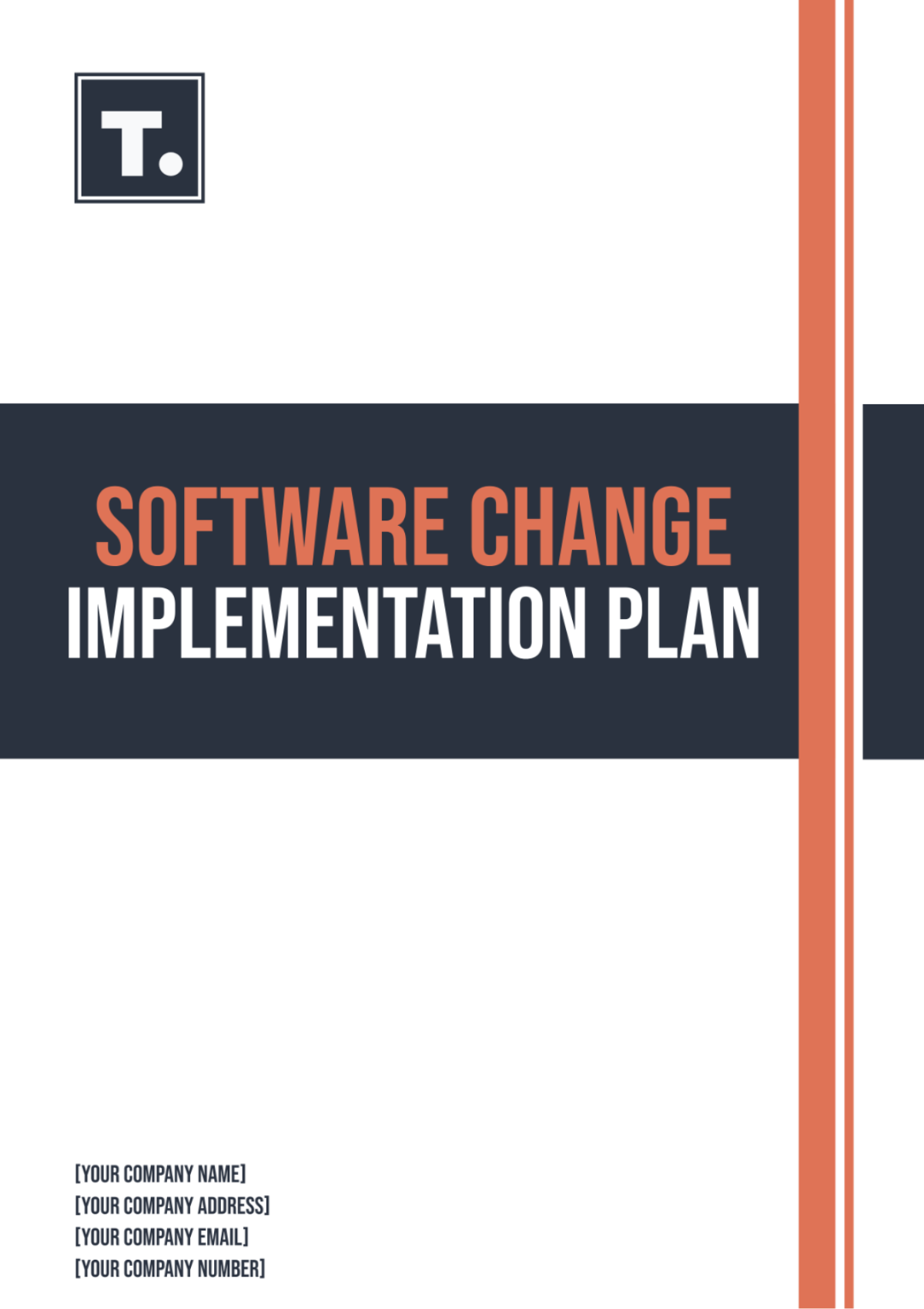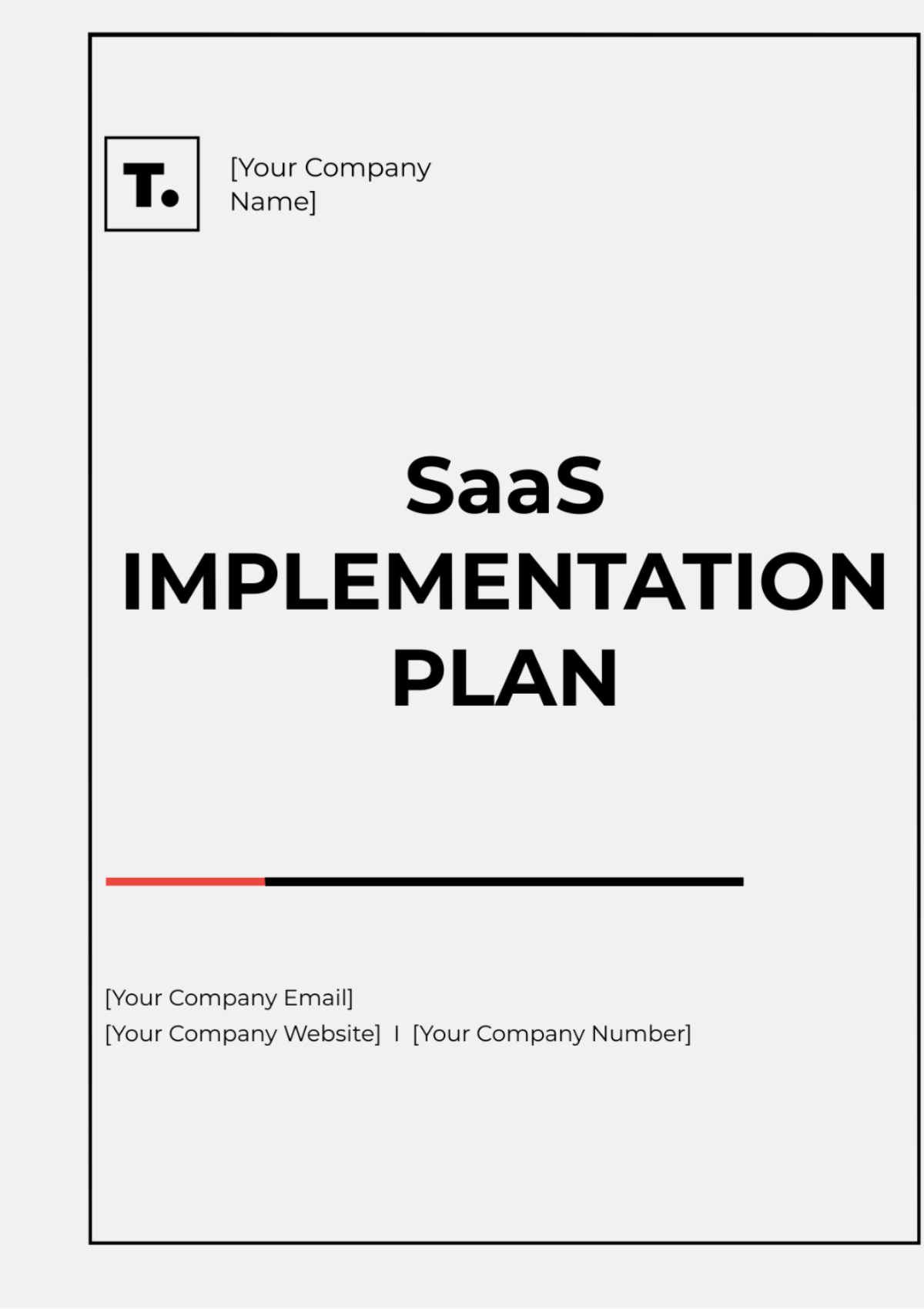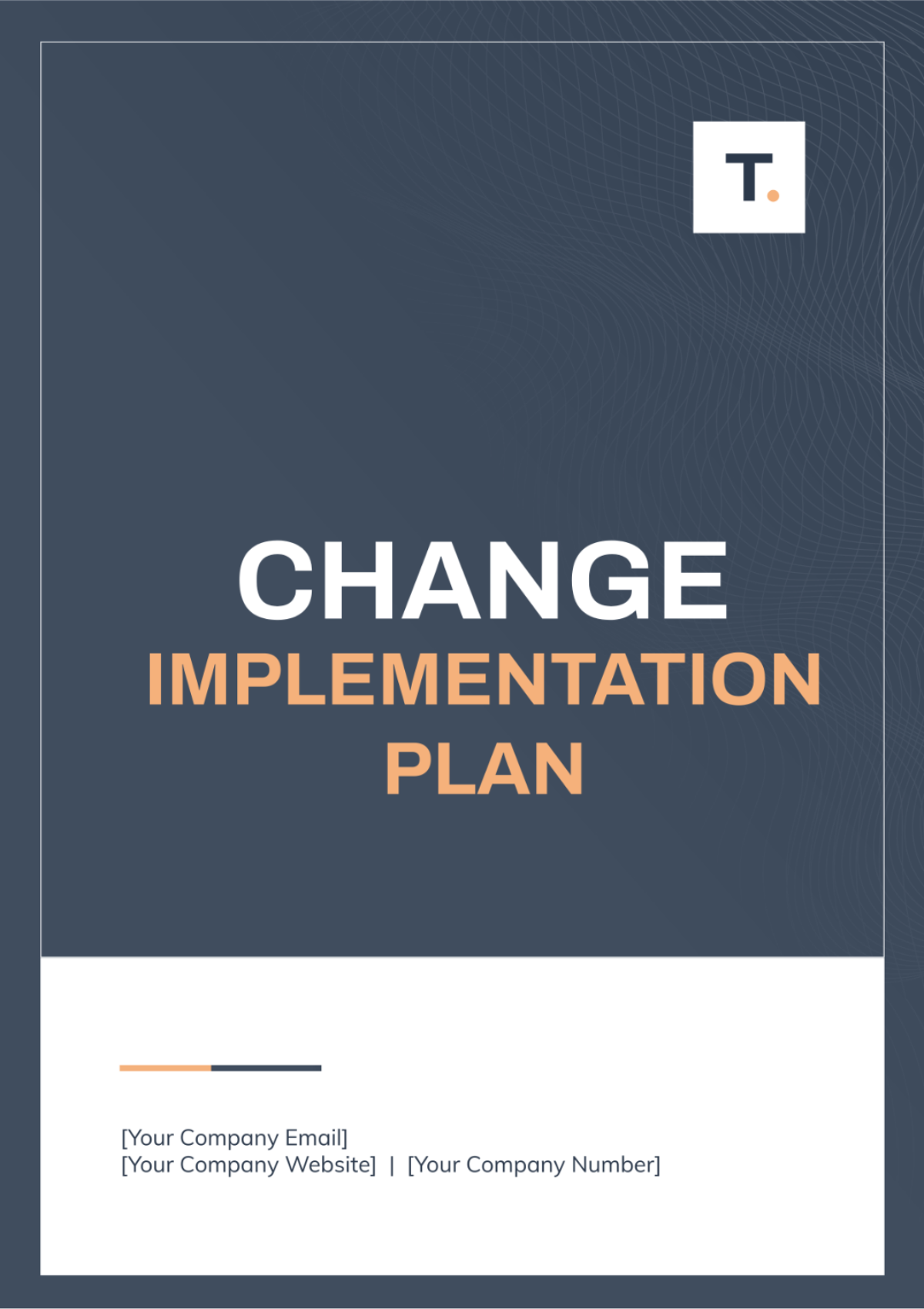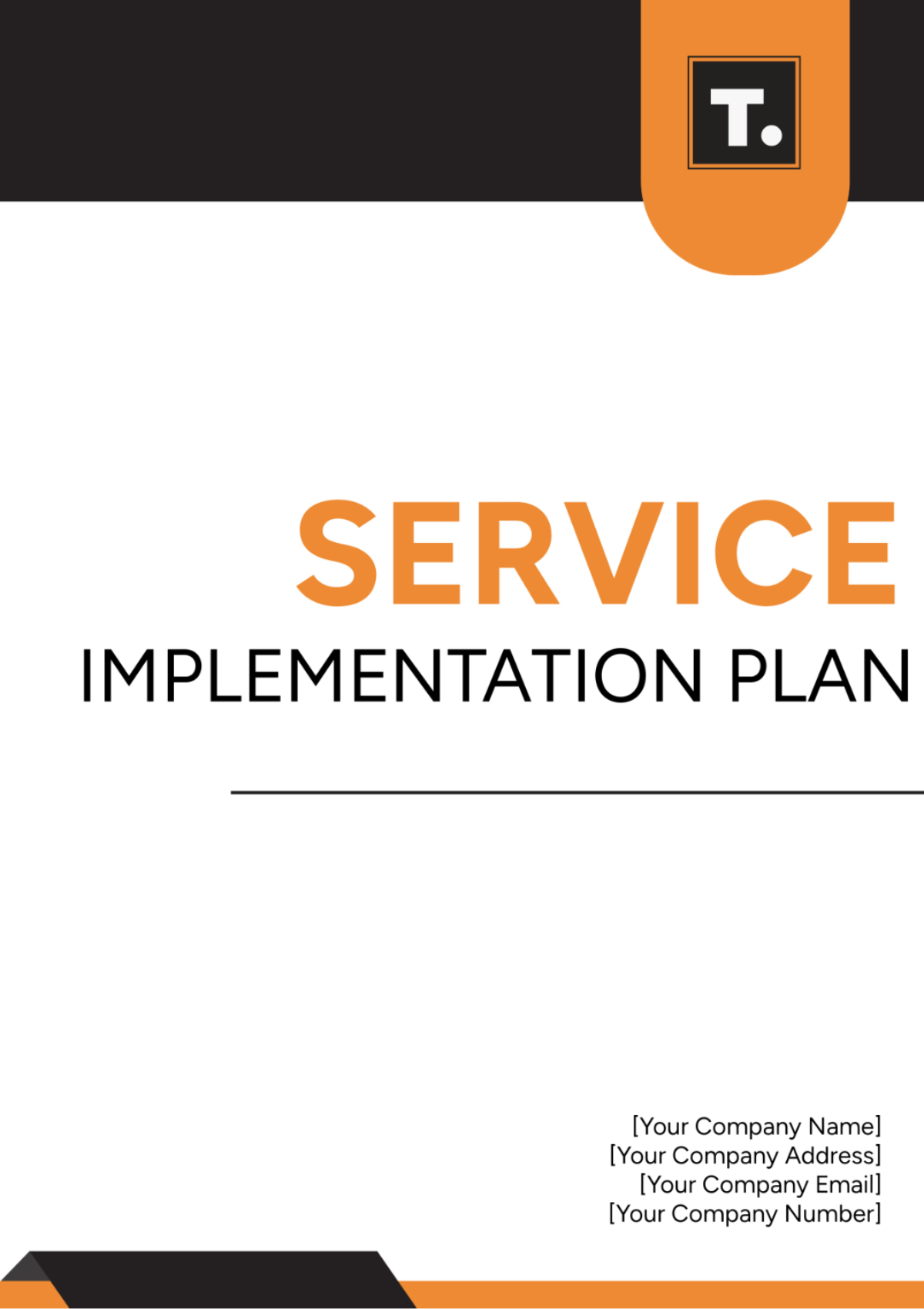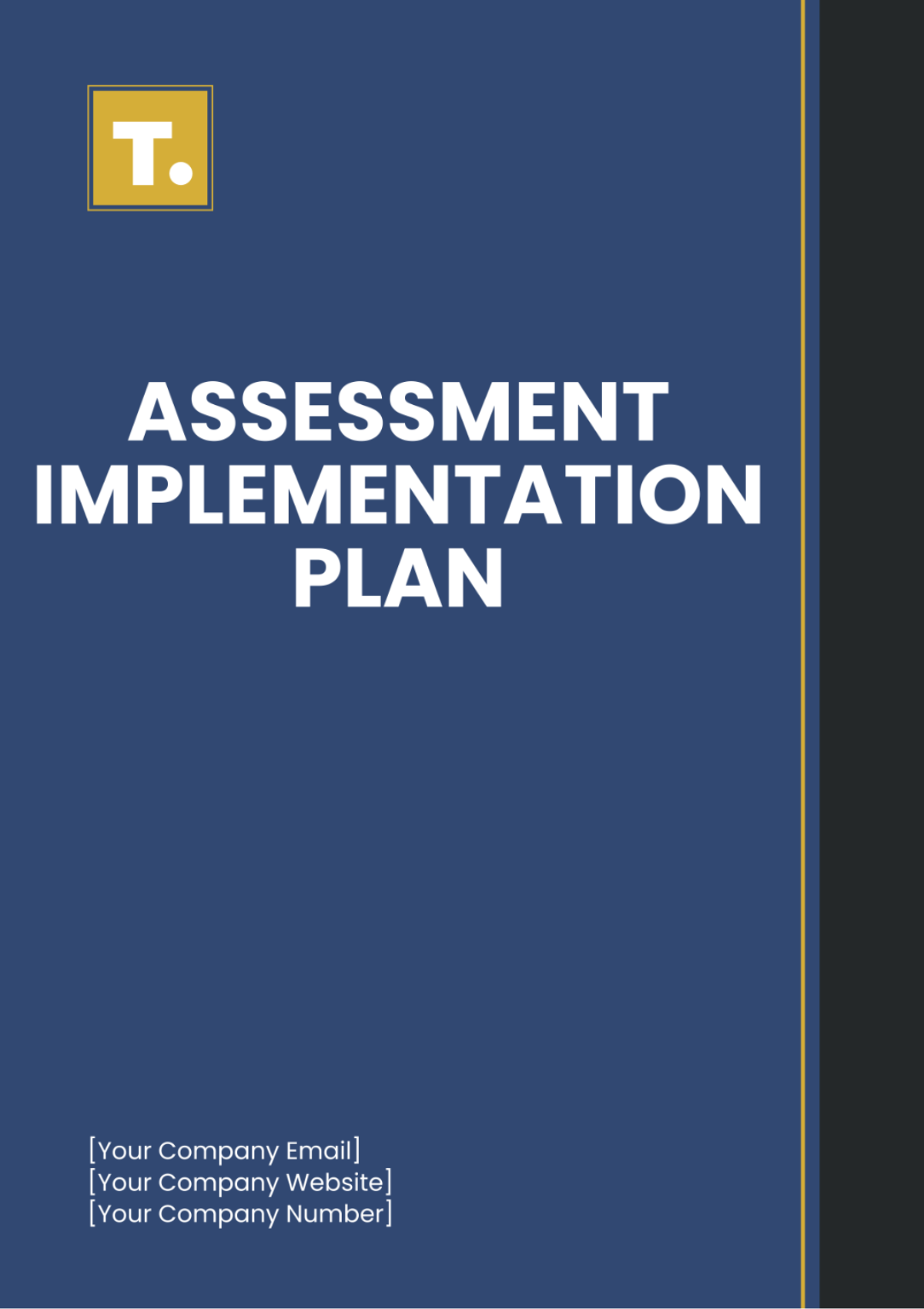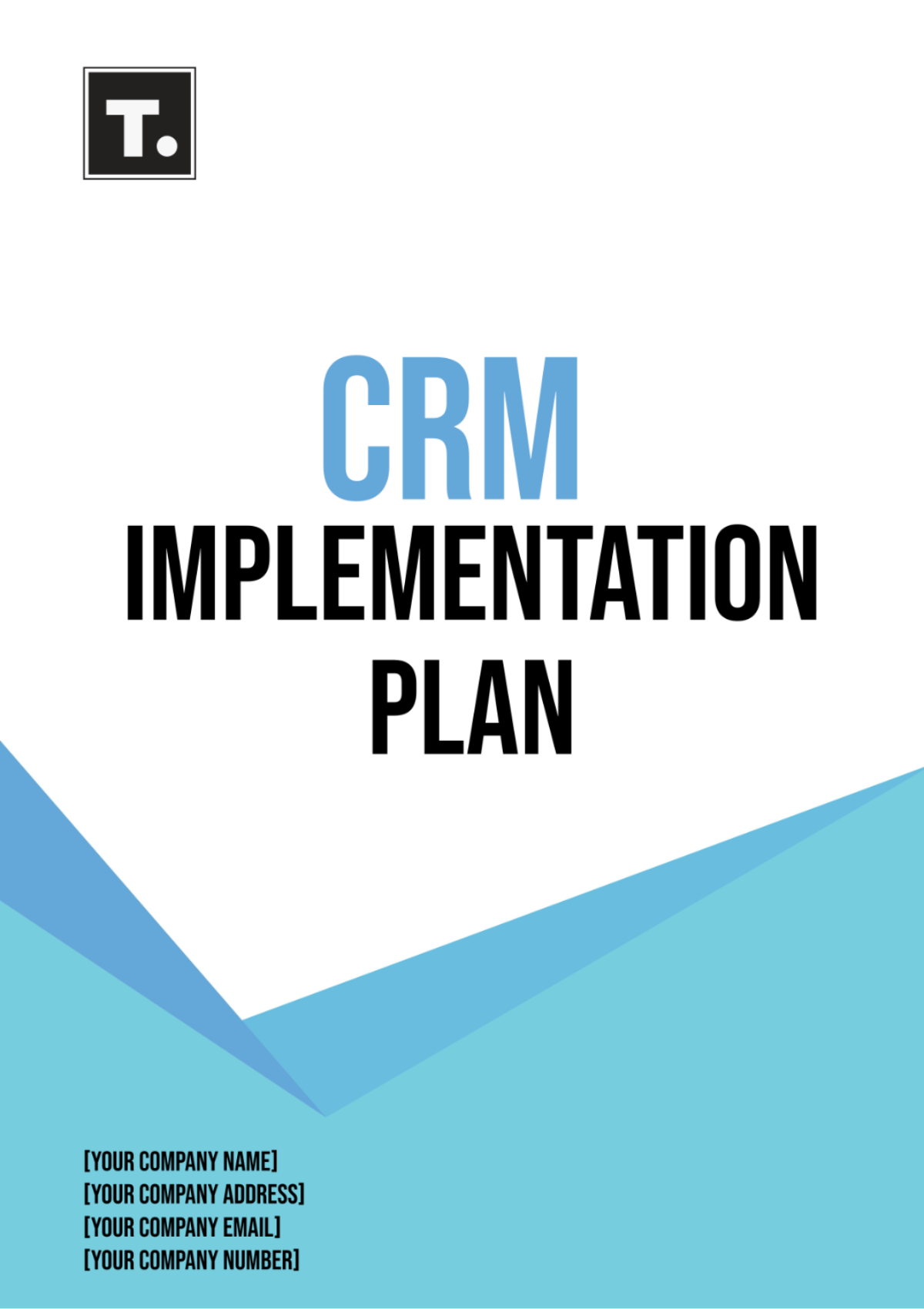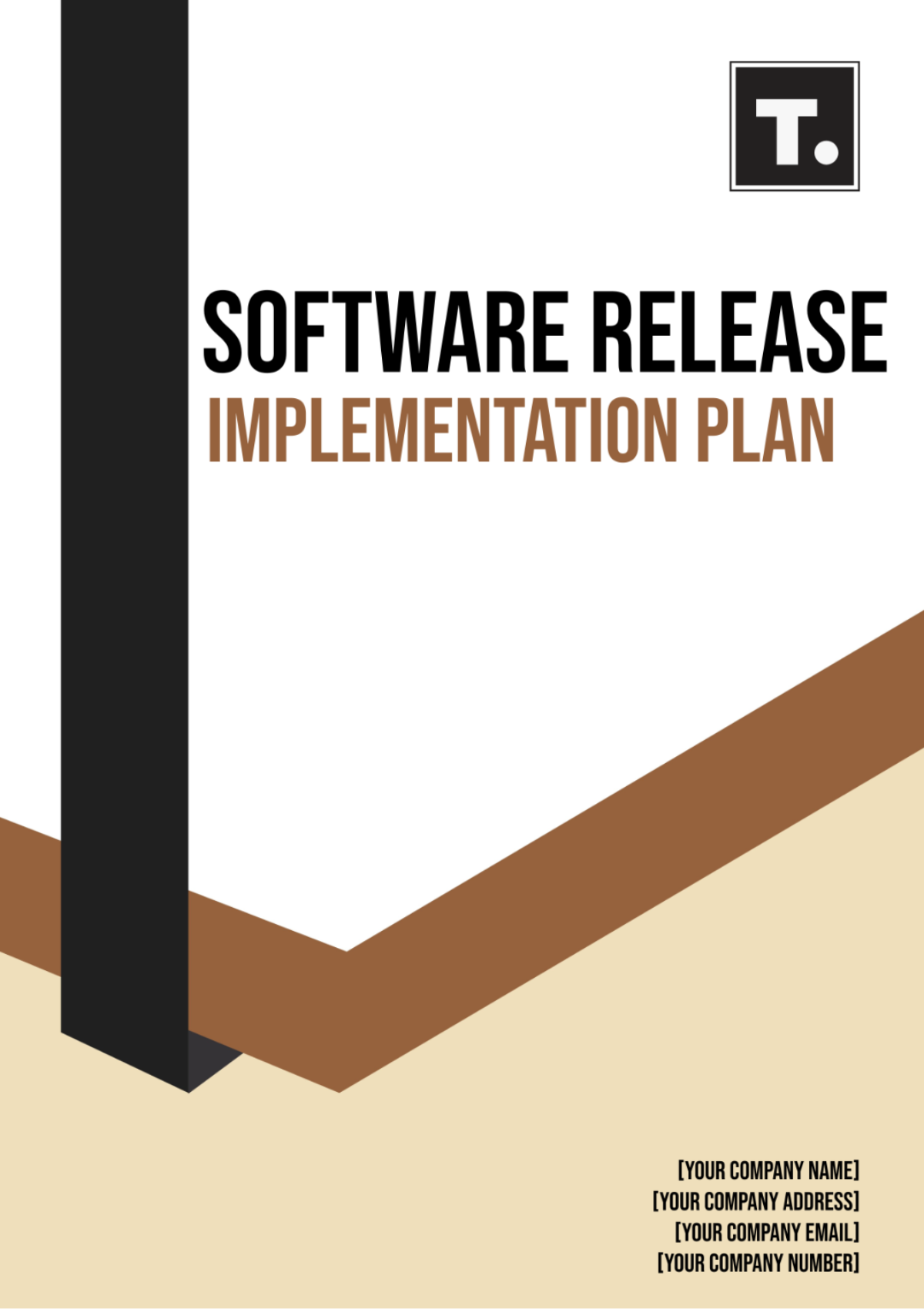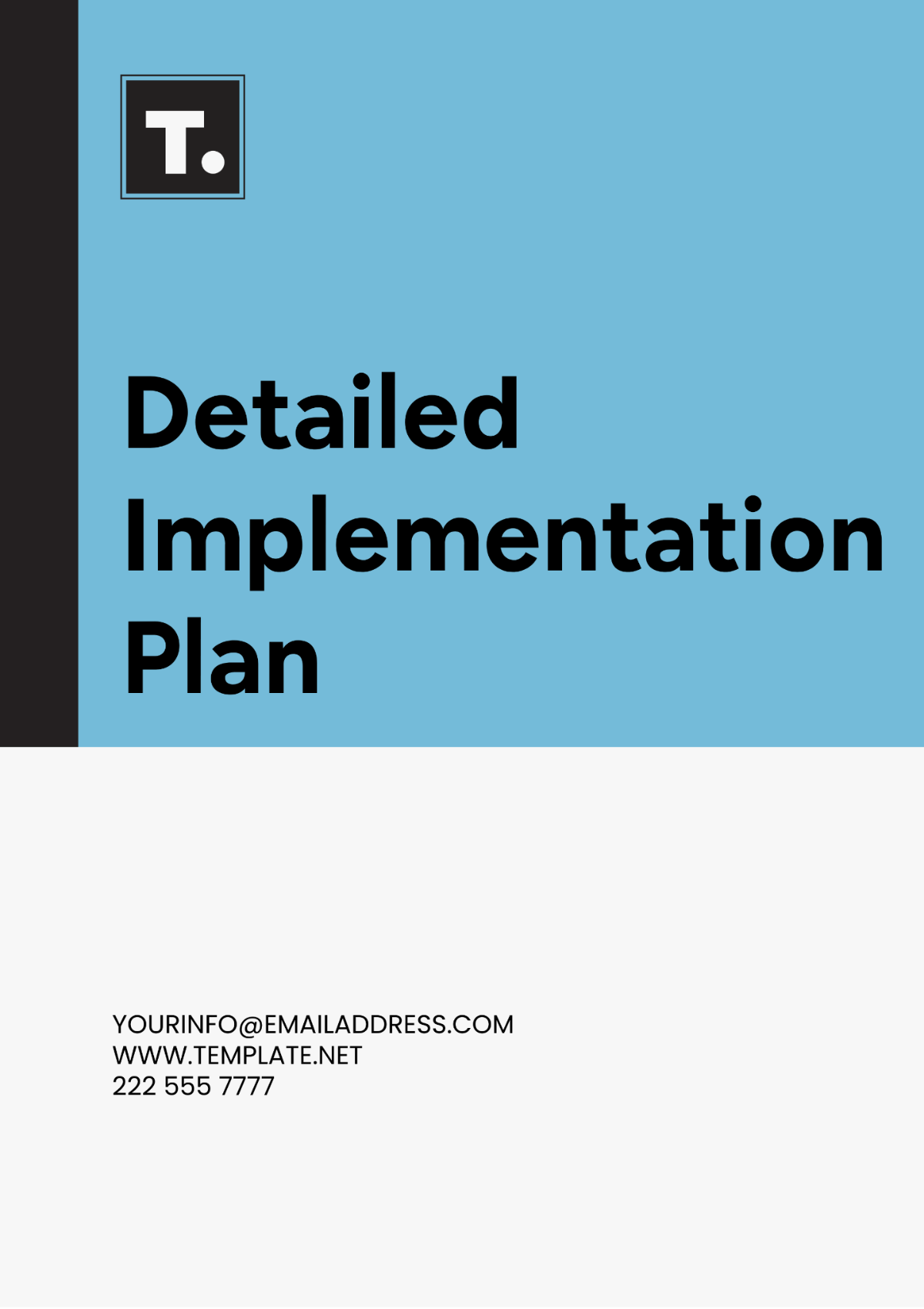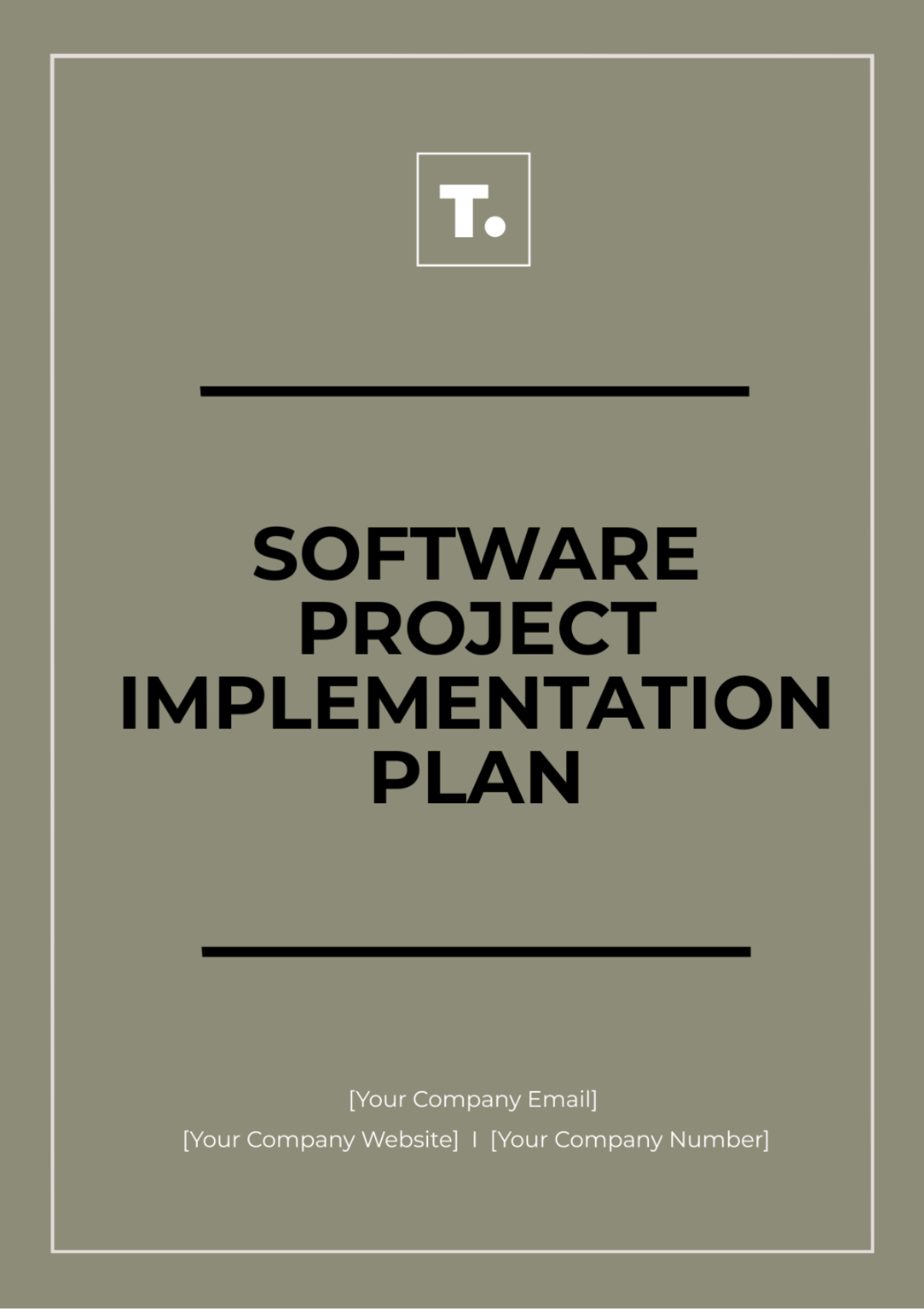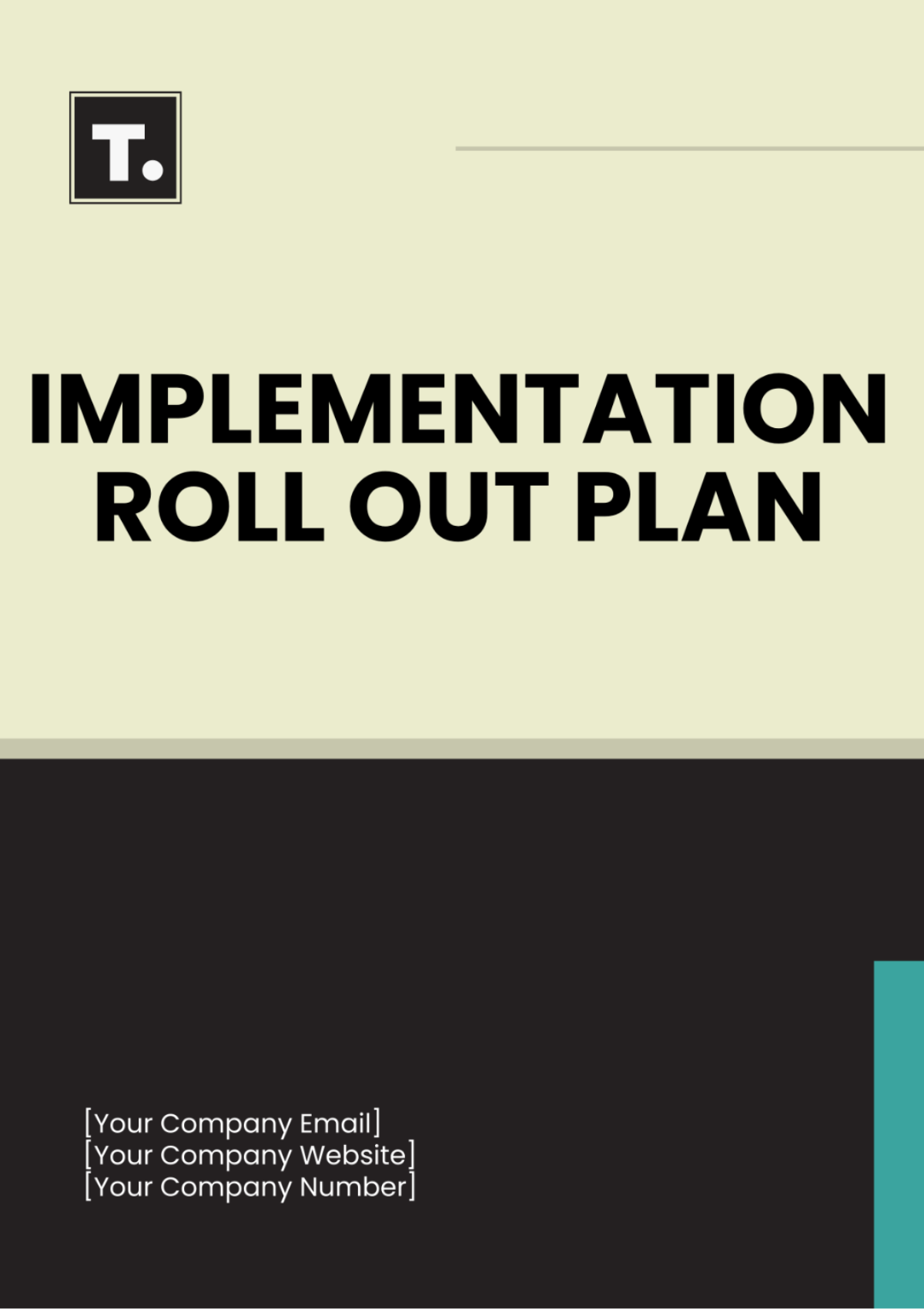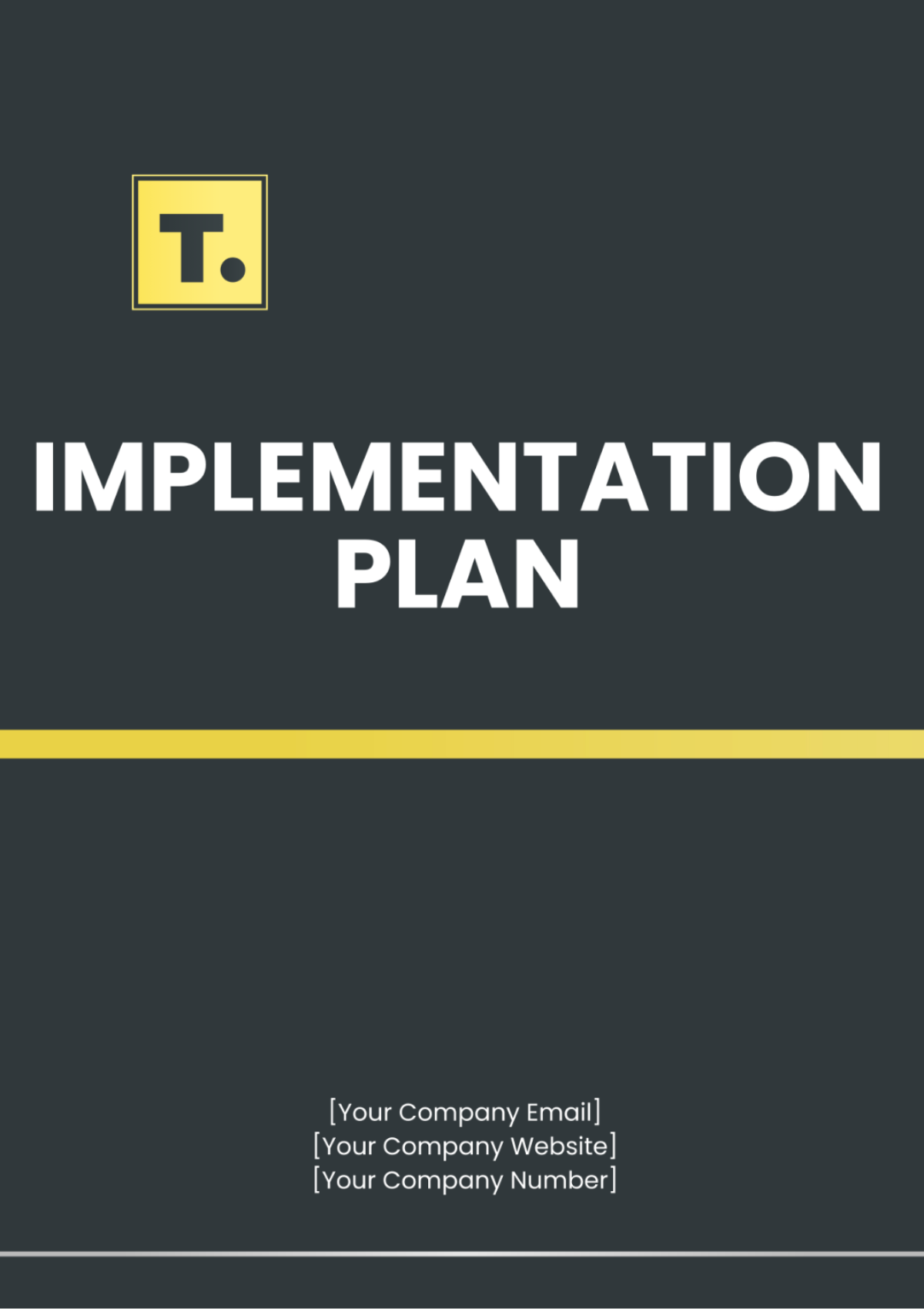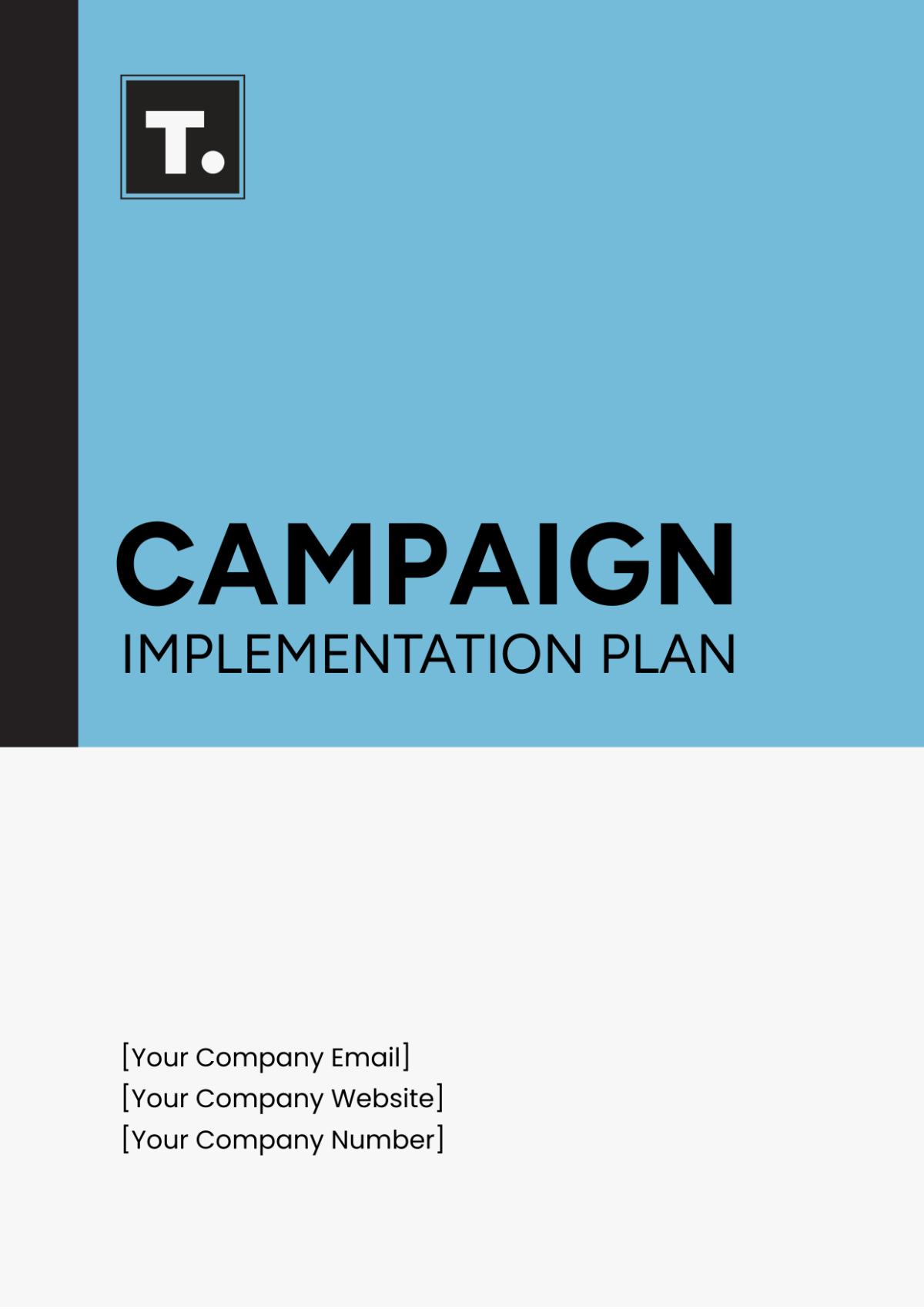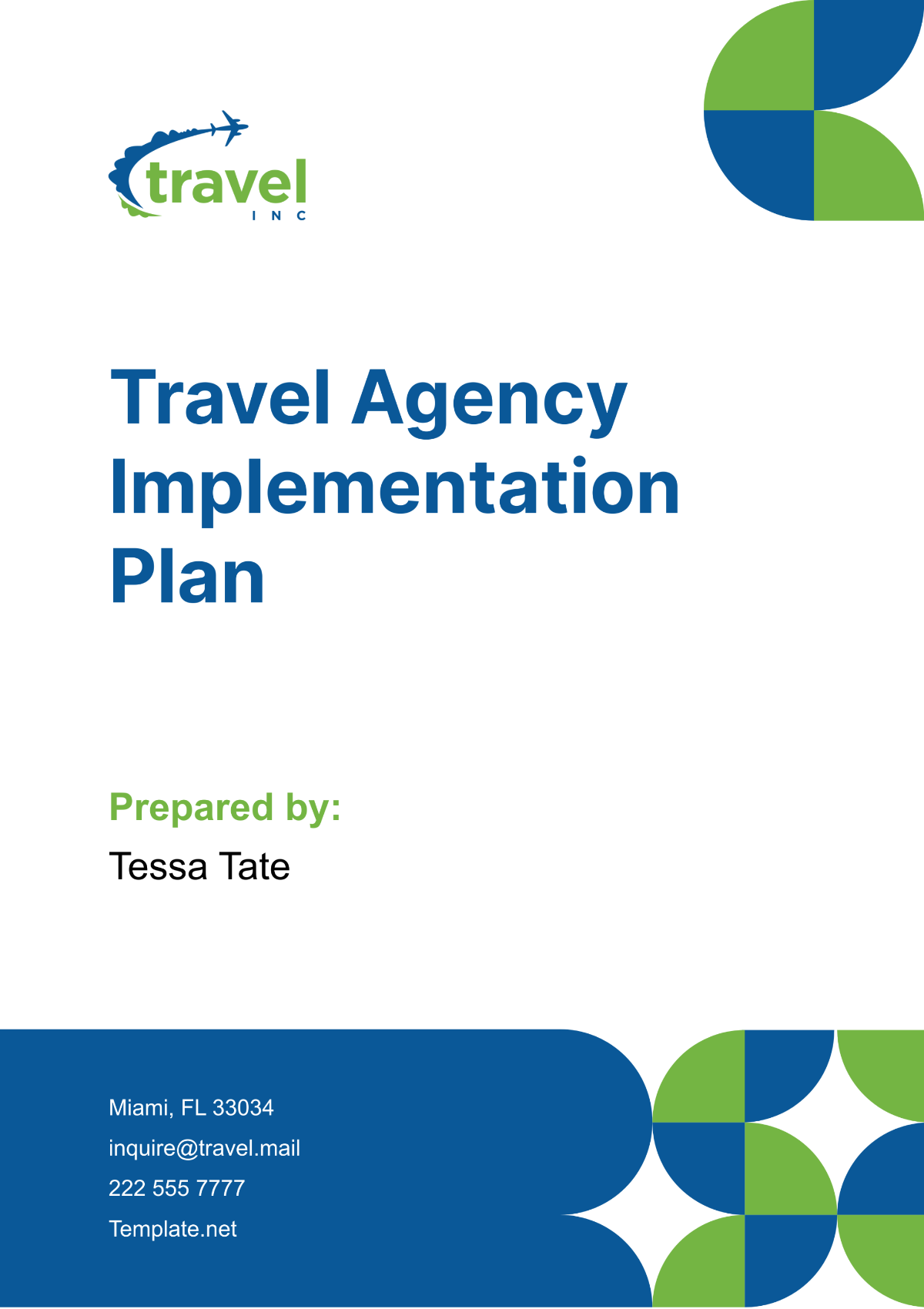Software Asset Management Implementation Plan
Written by: [YOUR NAME]
I. Introduction
This Software Asset Management (SAM) Implementation Plan outlines the steps necessary for [YOUR COMPANY NAME] to effectively manage software assets, ensuring compliance, optimizing usage, and reducing costs. The goal of this plan is to create a structured and efficient process for managing software assets across the organization.
II. Objectives
Ensure compliance with software licensing agreements
Optimize the use of software assets across the organization
Reduce the total cost of ownership for software assets
Improve tracking and reporting of software assets
III. Scope
This implementation plan covers all software assets utilized by[YOUR COMPANY NAME]], including on-premise and cloud-based software. The plan applies to all departments and locations within [YOUR COMPANY NAME].
IV. Roles and Responsibilities
Role | Responsibilities |
|---|---|
SAM Project Manager | Oversee the entire implementation process, coordinate activities, ensure milestones are met. |
IT Asset Manager | Manage the inventory of software assets, ensure accountability, and maintain an accurate record. |
Department Heads | Ensure departmental compliance with the SAM policies and procedures, report software usage. |
IT Support Team | Provide technical support during implementation, assist in the deployment of SAM tools. |
V. Implementation Steps
Assessment
Conduct a comprehensive inventory of all software assets
Identify gaps in current SAM practices
Review and evaluate current software usage and licensing agreements
Planning
Develop SAM policies and procedures tailored to [YOUR COMPANY NAME]
Create a detailed project timeline and milestones
Allocate resources and budget for the implementation
Tool Selection and Configuration
Research and select the appropriate SAM tools
Configure the tools to align with [YOUR COMPANY NAME]'s requirements
Training
Conduct training sessions for all relevant stakeholders
Provide comprehensive documentation and user guides
Deployment
Roll out SAM tools across the organization
Implement SAM policies and procedures
Conduct regular audits to ensure compliance and effectiveness
Monitoring and Improvement
Track software usage and license compliance
Regularly review and update SAM policies and procedures
Identify opportunities for continuous improvement
VI. Timelines and Milestones
Milestone | Description | Completion Date |
|---|---|---|
Project Kick-off | Initiate the SAM project, appoint team members | [COMPLETION DATE] |
Assessment Completion | Complete software asset inventory and current practices review | [COMPLETION DATE] |
Policy Development | Finalize SAM policies and procedures | [COMPLETION DATE] |
Tool Deployment | Deploy and configure selected SAM tools | [COMPLETION DATE] |
Training | Complete stakeholder training | [COMPLETION DATE] |
Full Implementation | Complete roll-out of SAM practices | [COMPLETION DATE] |
VII. Budget
The budget for this implementation has been allocated as follows:
SAM Tools: $[BUDGET AMOUNT]
Training: $[BUDGET AMOUNT]
Project Management: $[BUDGET AMOUNT]
Miscellaneous: $[BUDGET AMOUNT]
VIII. Evaluation and Reporting
Regular evaluation will be conducted to measure the effectiveness of SAM practices. Key metrics and reports will be generated and reviewed by the SAM Project Manager and relevant stakeholders. Continuous monitoring and improvement efforts will ensure that [YOUR COMPANY NAME] reaps the maximum benefits from its software assets.
IX. Conclusion
The implementation of a robust Software Asset Management (SAM) plan is crucial for [[YOUR COMPANY NAME]] to maintain compliance, optimize software usage, and reduce costs. By following this comprehensive plan, [[YOUR COMPANY NAME]] will be able to manage its software assets more effectively, ensuring that all software is used efficiently and legally. Continuous monitoring and regular updates to the SAM policies and procedures will help in adapting to the evolving software landscape, ultimately leading to better resource management and cost savings.
